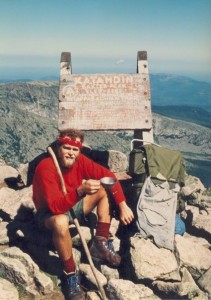Jeff Garrison
Skidaway Island Presbyterian Church
August 28, 2016
Acts 16:16-24
In the sixteenth chapter of Acts, there are two stories of women encountering the power of Christ. The first was Lydia. We learned about her two weeks ago. It’s kind of ironic that although Asian, she’s the first named convert on European soil. She heard the testimony of Paul, Silas and Timothy while the Lord worked in her heart and she’s changed. Her encounter with Christ is more traditional than the young girl we’ll hear about today. This is a story not only about her, but about her owners and what happens when the work of the gospel goes against the financial interests of others. Twice, in Acts, we learn that Paul’s teachings had a negative impact on the economic well-being of Gentiles, which resulted in his persecution.[1] There’s a lot for us to ponder in this reading. Read Acts 16:16-24.
###
A church in Kentucky called a new pastor fresh out of theological seminary. He was on-fire for the Lord and ready to straighten up the congregation and clean up the town. For his first sermon, he attacked drinking. He laid out all the evils of liquor and reminded his congregation how drunkenness leads to debauchery. [2] A number of men in the congregation ignored him after the service and left by the side door. That afternoon, the Clerk of Session stopped by his house and informed him that many families in the congregation were involved in Kentucky’s distillery business and they all enjoyed a good bourbon in the evening. The fledging pastor understood and promised not to discuss the evils of alcohol again.
The next Sunday, he stepped into the pulpit and preached a sermon on the evils of gambling. “Don’t be like the Roman soldiers who executed Jesus and gambled for his clothes,” he said as if that was the greatest of the sins committed that Friday morning.[3] “Stay away from casinos and the racetrack,” he thundered. Again, there were those who avoided him at the door after the service and that afternoon the Clerk of Session was back at his house. “Pastor,” he said, “there are many people in the church who are involved with the Kentucky Derby. Horses and betting are a way of life for us.” Again, he nodded in agreement and said he’d avoid talking about gambling.
Seven days later he’s back in the pulpit, railing against the Confederate battle flags that he’d seen flying around town and how, to a certain segment of the population, this was offensive. He thought it was a great message but again there were those who avoided him and the Clerk showed up at his house to tell him that many his congregation were descendants of soldiers who fought under that flag. He shook his head, and said, “Okay, okay, I get the message.”
The very next Sunday, he stepped up into the pulpit and began to discuss how dancing can lead to ever more serious sin. Again, there were those who avoided him after the service and that afternoon, the Clerk of Session was again at this door. “Pastor, there are many of us here who love to dance and the Armstrong family owns the local dancehall.” The pastor listened, but this time something snapped. Instead of agreeing or promising to avoid talking about dancing, he tore into the Clerk. “You tell me I can’t talk about the evils of liquor, gambling, an old flag, and dancing. What can I preach about?”
The Clerk thought for a moment… “How about the Chinese?”
Aren’t we like that? If we want to talk about sin, let’s concentrate on the sins of others. We don’t like admitting our own failures or our need of being remade in the likeness of Christ. If we have a business interest in what is being questioned, then it’s not preaching, it’s meddling. Woe to the meddler…
Unlike the new pastor in Kentucky, who had his own problems, we need to be a more accepting of everyone while realize we all have logs in our own eyes which distort how we view the world.[4] Certainly this is the case in Philippi when an occasion for celebration (the girl’s deliverance from demonic possession) led to the persecution of Paul and Silas.
Let’s consider what happened. We have a slave constantly interrupting the missionaries as they try to tell others about Jesus. Now, English versions generally indicate she was a troubled psychic, but a more literal reading of the Greek shows she had the spirit of Python. This connected her to the Oracle of Delphi.[5] There may even be deeper symbolism here as a python is a snake and we remember what the snake said back at the garden.[6] People assume her utterances are the voice of a god, which makes her valuable to her owner. People pay money to her owners for her to tell their fortunes.
This woman, who is a slave, points out that these missionaries are also slaves, but slaves to the one true God. Essentially she’s saying their God that is above all gods.[7] Although Paul and company are teaching that there is only one God, her words allow those who listen, who come from a Greek mindset, to understand Paul and company’s God is greater than anything they worshipped.[8]
There are two interesting things about this. First of all, she’s supporting Paul’s message. Secondly, she’s obviously emotionally disturbed. But Paul isn’t interested in her validation of his message nor does he seem to have any concern for her condition. He’s just annoyed. Here, we see a very human side of Paul. It’s not out of compassion that he invokes the name of Jesus to cast out this demon, it’s because he’s lost patience. But it works. The girl is saved from this awful burden of which she’d endured. Sadly, we don’t hear anything more about her, but the text isn’t about her or even about Paul, it’s about God’s power and work to spread the message of Jesus.[9]
What we learn next, as I joked about in the beginning, is that Paul’s good deed hurt the profit of others. With the girl freed of the demon, she can no longer earn money for her owners. For this reason, they haul Paul and Silas off to the authorities, but instead of talking about what they’d done (freed the girl of her bondage), they trump up charges. There is a bit of racism here. They point out that they are Jews, Jewish agitators[10], who are disturbing the peace. “These guys are not one of us,” they protest. “They’re outsiders!” Blaming our problems on outsiders is a safe thing to do, and sadly such excuses often find sympatric ears. It’s also the type of rhetoric that often leads to witch-hunts. Hitler did it to the Jews. The labels we apply to others can be damaging. It can result in injustice. When we are suspicious, truth is easily overlooked. Paul and Silas are beaten and then led off to jail.
You’ve heard the old phrase, I’m sure, that “they should be put under the jail house.” Well, that’s what happened to these two. They are placed in the innermost cell where their legs are locked in iron. The stage is set for next week’s story, but first we should look at what we might learn from this passage.
The main thing we must realize is that God’s hand is behind all this. Paul might have invoked Jesus’ name to get the girl off his back, but she’s healed! God’s purposes of freeing an enslaved humanity is fulfilled. People are encountering Jesus. The slave girl in Philippi stands in contrast to Lydia, the first convert of the city. Lydia sells her purple cloth and enjoys the profits of her labor while the slave girl is burdened and disturbed and her owners use her to make themselves a profit. In a way, Lydia was in control of her destiny while the slave girl was under the thumb of her owners. But both experience a newfound freedom in what God can do in Jesus Christ. Although we don’t know what happened to the slave girl after this passage, and we must assume she was still a slave, at least she is no longer deranged. That’s good news!
Secondly, we see an example of human behavior at its worst in this passage. The owners of this slave aren’t benevolent masters. They don’t care about the girl, or her mental health, only the income they can obtain through her. When she can no longer perform, they are mad at Paul and Silas. They weren’t honest. They couldn’t admit they’d made a bad investment. Instead, they blame others. It’s the easy way out. It’s a way to get the crowd on your side.
It used to be in our society, you label someone a Communist and everyone’s suspicions were immediately raised. Today, it’s terrorist, a Muslim, a gang member or an illegal alien. When we slap on such labels as a means to divert attention from the real issue, we’re not being honest. Today, with social media on the internet, it’s easy and tempting to “like” or “share” mean-spirited messages of others, but are we then reflecting the face of Jesus? Is this what one who encourages us love and not to judge and to be honest in our dealings do?
Finally, this passage is a warning of how, in the pursuit of money, we can be exploitive. In our world today, we’re often far removed from the problems of production. There are blood diamonds that come from Africa, dug by those who live essentially as slaves and the money made off them used to fund warlords in places like Angola and Sierra Leone. But because of them, we have less expensive jewelry. Or think of oil production in places like Nigeria and Venezuela and the corruption it funds, yet we have cheap fuel. There are people living and working in horrible conditions in Asia and South America, but we have cheap clothing. We depend on dangerous chemicals, which threaten the lives of those living around where they are produced, but it’s far away so we don’t worry about it.
I’m sorry. I’m unable to offer any easy answers to these problems. And I would warn you against accepting easy answers, because they are probably not easy nor a true solution. But as Christians, as followers of Jesus, we must open our eyes to the problems of the world. We must do what we can to alleviate suffering and improve the lives of others. We must be the conscious of the world. We must be concerned for the needs of all of God’s children, especially the “least of these” which would include the slave girl of Philippi. God loves the world and all the people within it, and so should we. Amen.
[1] See Acts 19:23ff.
[2] This is actually in scripture. See Ephesians 5:18
[3] All four gospels indicated that the soldier’s “casts lots” (a game of chance who I loosely interpret as gambling). See Matthew 27:34, Mark 14:24, Luke 23:34 and John 19:24
[4] Matthew 7:3.
[5]F. F. Bruce, The Book of Acts (Grand Rapids: Eerdmans, 1986), 332
[6] See Genesis 3.
[7] The reference of God being above all gods is common in the Psalter. See Psalm 82:1, 84:7, 86:8, 95;3, 96;4-5, 97:6 and 136.2.
[8]Beverly Roberts Gaventa, Acts (Nashville: Abington, 2003), 238
[9] Gaventa, 238-239.
[10] The Message translation uses “Jewish agitators”

 Jeff Garrison
Jeff Garrison






 Let’s go down to the river to pray… It’s a cry heard throughout scripture where rivers are often used as metaphors for God’s constant care and providence. Eden was watered by four rivers and the Nile saved Moses’ life.
Let’s go down to the river to pray… It’s a cry heard throughout scripture where rivers are often used as metaphors for God’s constant care and providence. Eden was watered by four rivers and the Nile saved Moses’ life.
 Rivers are a place of respite, where the air is cooled by the waters. Artist know this and paint idyllic pictures of men and boys sitting on the banks of rivers, chewing on straw, with fishing lines out into the depths. It doesn’t matter if they catch anything, it’s still good. We have images of Huck Finn and Jim rafting down the river, enjoying life. And then there is this memorable sentence written by the literary artist, Norman Maclean:
Rivers are a place of respite, where the air is cooled by the waters. Artist know this and paint idyllic pictures of men and boys sitting on the banks of rivers, chewing on straw, with fishing lines out into the depths. It doesn’t matter if they catch anything, it’s still good. We have images of Huck Finn and Jim rafting down the river, enjoying life. And then there is this memorable sentence written by the literary artist, Norman Maclean:

 Now let’s think about those gathered there by the river. It has often been assumed the early church mostly consisted of the poor and those down and out. Luke, the author of the gospel that bears his name as well as the Book of Acts, has been singled out for his concern of the poor.
Now let’s think about those gathered there by the river. It has often been assumed the early church mostly consisted of the poor and those down and out. Luke, the author of the gospel that bears his name as well as the Book of Acts, has been singled out for his concern of the poor. 
 The message is getting out. Look what happens by the river. A family is converted. People often speak of this passage as Paul converting Lydia, but the text doesn’t support that. Conversion is an act of God. Paul, like us, is only God’s vessel for sharing the good news. Paul brings knowledge of Jesus to Lydia and her household, but it’s the Lord that works within their hearts as we see in verse 14. Both knowledge and faith are needed. As Christ’s ambassadors we can only tell the story of the gospel—God must supply the faith.
The message is getting out. Look what happens by the river. A family is converted. People often speak of this passage as Paul converting Lydia, but the text doesn’t support that. Conversion is an act of God. Paul, like us, is only God’s vessel for sharing the good news. Paul brings knowledge of Jesus to Lydia and her household, but it’s the Lord that works within their hearts as we see in verse 14. Both knowledge and faith are needed. As Christ’s ambassadors we can only tell the story of the gospel—God must supply the faith. Next week, we’re going to learn about the power of gospel as it encounters another woman in Philippi. And, as happens so often in Acts, we’ll see how success if quickly challenged. Nothing about our faith is easy. But until then, think about Lydia and her family and how content they must have been. And think about a shady spot on your favorite the river, where you can pray and give thanks for Lydia and for others who heard the good news and started something new. If it wasn’t for them, where would we be? We should be grateful. We should offer thanks for our spiritual ancestors, and to God. Amen.
Next week, we’re going to learn about the power of gospel as it encounters another woman in Philippi. And, as happens so often in Acts, we’ll see how success if quickly challenged. Nothing about our faith is easy. But until then, think about Lydia and her family and how content they must have been. And think about a shady spot on your favorite the river, where you can pray and give thanks for Lydia and for others who heard the good news and started something new. If it wasn’t for them, where would we be? We should be grateful. We should offer thanks for our spiritual ancestors, and to God. Amen.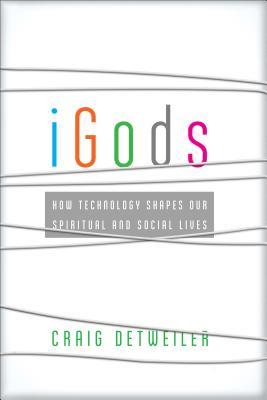 Craig Detweiler, iGods: How Technology shapes our Spiritual and Social Lives (Grand Rapids, MI: Brazos Press, 2013), 246 pages. Endnotes and an index.
Craig Detweiler, iGods: How Technology shapes our Spiritual and Social Lives (Grand Rapids, MI: Brazos Press, 2013), 246 pages. Endnotes and an index. Words are important. There are a lot of things we can learn from books. (At least I hope that’s true as I have enough of them.) But there are times when face-to-face connections are more conducive to achieving positive results. I hope you understand how the presence of another person with knowledge can help us grasp information in a way we can never learn from reading. It’s mentoring, which is important for us as we mature within the Christian faith as well as well as in industry and business.
Words are important. There are a lot of things we can learn from books. (At least I hope that’s true as I have enough of them.) But there are times when face-to-face connections are more conducive to achieving positive results. I hope you understand how the presence of another person with knowledge can help us grasp information in a way we can never learn from reading. It’s mentoring, which is important for us as we mature within the Christian faith as well as well as in industry and business. When I was a kid, magazines used to have a number of advertisements for correspondence courses. You could take a correspondence course to be a locksmith. That didn’t sound interesting to me. You could sign up for a course in shorthand, but that really didn’t sound interesting. But you could also take such a course to learn about radios and electronics. That was something I was interested in even though my parents said these courses were a waste of money. But then a man at church learned of my interest in radio.
When I was a kid, magazines used to have a number of advertisements for correspondence courses. You could take a correspondence course to be a locksmith. That didn’t sound interesting to me. You could sign up for a course in shorthand, but that really didn’t sound interesting. But you could also take such a course to learn about radios and electronics. That was something I was interested in even though my parents said these courses were a waste of money. But then a man at church learned of my interest in radio.




 Do you remember the movie, “Dreamer” staring Dakota Fanning? It came out in 2005. It’s based on a true story, about Cale Crane, a young girl who rehabilitates a race horse that had broken its leg. It was the feel good movie of that fall and in the film, Dakota Fanning looked a lot like my daughter, Caroline. At this time, she was seven years old.
Do you remember the movie, “Dreamer” staring Dakota Fanning? It came out in 2005. It’s based on a true story, about Cale Crane, a young girl who rehabilitates a race horse that had broken its leg. It was the feel good movie of that fall and in the film, Dakota Fanning looked a lot like my daughter, Caroline. At this time, she was seven years old.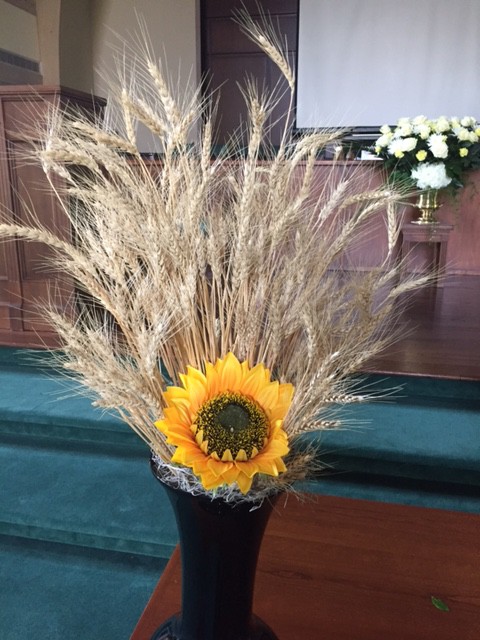
 Jeff Garrison
Jeff Garrison
 We see in Antioch that some listened. They were excited about what God was doing and accepted Jesus, proud to be a part of this new movement. But others didn’t listen or, if they did, didn’t like the implications of the message and closed their ears, eyes, and minds to God’s vision for the world. Where do we find ourselves? Do we want to hop up on this train that is calling passengers from all over the world, from all stages of life, from all economic, ethnic and societal groups? Do we want to help spread that kind of message, one of hope for in need? Our world is filled with violence and hate, as we saw last Sunday in Orlando. It is a world longing for hope and God’s hope for the world is in Jesus. It’s time to step aboard, if you believe. As the old Southern gospel song goes, “This train is bound for glory.” It’s a journey we don’t fully know where we will be taken, but we know that God hand is on the throttle. We place our trust in him. Hold on, for we’re in for an amazing journey. Let us pray:
We see in Antioch that some listened. They were excited about what God was doing and accepted Jesus, proud to be a part of this new movement. But others didn’t listen or, if they did, didn’t like the implications of the message and closed their ears, eyes, and minds to God’s vision for the world. Where do we find ourselves? Do we want to hop up on this train that is calling passengers from all over the world, from all stages of life, from all economic, ethnic and societal groups? Do we want to help spread that kind of message, one of hope for in need? Our world is filled with violence and hate, as we saw last Sunday in Orlando. It is a world longing for hope and God’s hope for the world is in Jesus. It’s time to step aboard, if you believe. As the old Southern gospel song goes, “This train is bound for glory.” It’s a journey we don’t fully know where we will be taken, but we know that God hand is on the throttle. We place our trust in him. Hold on, for we’re in for an amazing journey. Let us pray: The first book is by Charlie Peacock, a Christian musician who has written a primer on the Christian faith. What I like about Peacock’s approach is how he lays out “God story” as found in scripture and then encourages us to incorporate our own stories into God’s. He reminds us that like it or not, we all create a story! Peacock criticizes Christians for claiming too much knowledge about God. Instead, we take what we know and use it to frame how we share God’s story and to see how God is active in our lives. Then, out of gratitude, we act. Peacock also talks about how God’s story should help us in our own relationships with others. He’s honest about sin, admitting that there is always something wrong with God’s people on this earth (but that we shouldn’t get too cozy with the idea). We have to be honest about our short-comings and failures if we want God to help us improve.
The first book is by Charlie Peacock, a Christian musician who has written a primer on the Christian faith. What I like about Peacock’s approach is how he lays out “God story” as found in scripture and then encourages us to incorporate our own stories into God’s. He reminds us that like it or not, we all create a story! Peacock criticizes Christians for claiming too much knowledge about God. Instead, we take what we know and use it to frame how we share God’s story and to see how God is active in our lives. Then, out of gratitude, we act. Peacock also talks about how God’s story should help us in our own relationships with others. He’s honest about sin, admitting that there is always something wrong with God’s people on this earth (but that we shouldn’t get too cozy with the idea). We have to be honest about our short-comings and failures if we want God to help us improve.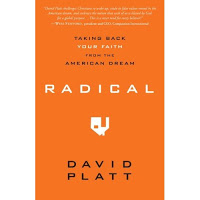 Although he doesn’t call it such, David Platt’s book is a primer against the prosperity gospel. (No, God doesn’t give us riches so we can enjoy and ignore others; such blessings are to be used to help others.) Platt invites his readers to examine their cultural values (that often get mixed up in our own theologies) and to ask the hard questions about what Jesus would really do. At the end of his book, he invites his readers to commit to a one year radical discipleship experiment.
Although he doesn’t call it such, David Platt’s book is a primer against the prosperity gospel. (No, God doesn’t give us riches so we can enjoy and ignore others; such blessings are to be used to help others.) Platt invites his readers to examine their cultural values (that often get mixed up in our own theologies) and to ask the hard questions about what Jesus would really do. At the end of his book, he invites his readers to commit to a one year radical discipleship experiment. Jeff Garrison
Jeff Garrison I had come to Kota Bharu because I wanted to ride a particular railroad, known as the Jungle Train. Few westerners take this train. The cars are not plush like the trains along the western coast of Malaysia, which runs through the Kuala Lumbur with its tall skyscrapers. This line runs on old track. The cars are rugged. There are holes in the upholstery and some seats have springs showing. The air conditioning barely works. The train is pulled by diesel locomotives purchased second-hand from India, Japan and other countries. I learned this creates a problem with maintenance as there are few interchangeable parts. The trains are slow. But what do you expect with old equipment on a line that runs through mountains and stops at every junction and path along the way? There’s not even a dining car on the train, just an attendant selling a limited selection of chips and bottle water. I suggest if you take this train, you pack a lunch. It’s a 15 hour ride from Singapore to Kota Bhura.
I had come to Kota Bharu because I wanted to ride a particular railroad, known as the Jungle Train. Few westerners take this train. The cars are not plush like the trains along the western coast of Malaysia, which runs through the Kuala Lumbur with its tall skyscrapers. This line runs on old track. The cars are rugged. There are holes in the upholstery and some seats have springs showing. The air conditioning barely works. The train is pulled by diesel locomotives purchased second-hand from India, Japan and other countries. I learned this creates a problem with maintenance as there are few interchangeable parts. The trains are slow. But what do you expect with old equipment on a line that runs through mountains and stops at every junction and path along the way? There’s not even a dining car on the train, just an attendant selling a limited selection of chips and bottle water. I suggest if you take this train, you pack a lunch. It’s a 15 hour ride from Singapore to Kota Bhura. Although this is no tourist train, the scenery is incredible. There are no large towns along the line, until you get to the end. Just small villages, beautiful mountains, and in the distance one of the largest waterfall in Asia. If you’re a military history buff, Kota Bhura was the site of the Japanese invasion that caught the British by surprised in World War II. The attack occurred on the night of December 8, 1941. Think about this for a moment, this being a weekend in which we remember those who died in the service of our country. Being on the other side of the International Date Line, the attack on Kota Bhura occurred on the same day and close to the same hour as the attack on Pearl Harbor and a host of other attacks. Pearl Harbor, because it was ours and because of the amount of death and destruction, overshadows the significance of the Japanese invasion of British Malaysia. Once the Japanese landed, they made their way south, along this rail line. Their ultimate objective was Singapore, which they captured two months later.
Although this is no tourist train, the scenery is incredible. There are no large towns along the line, until you get to the end. Just small villages, beautiful mountains, and in the distance one of the largest waterfall in Asia. If you’re a military history buff, Kota Bhura was the site of the Japanese invasion that caught the British by surprised in World War II. The attack occurred on the night of December 8, 1941. Think about this for a moment, this being a weekend in which we remember those who died in the service of our country. Being on the other side of the International Date Line, the attack on Kota Bhura occurred on the same day and close to the same hour as the attack on Pearl Harbor and a host of other attacks. Pearl Harbor, because it was ours and because of the amount of death and destruction, overshadows the significance of the Japanese invasion of British Malaysia. Once the Japanese landed, they made their way south, along this rail line. Their ultimate objective was Singapore, which they captured two months later. A lesson that I learned that day is that our first impressions are often wrong. As the Book of Hebrews reminds us, sometimes strangers turn out to be angels.
A lesson that I learned that day is that our first impressions are often wrong. As the Book of Hebrews reminds us, sometimes strangers turn out to be angels. Centurions, in the Roman military organization, were non-commissioned but professional soldiers who had risen up through the ranks and were in charge of eighty soldiers, not the hundred soldiers as the name implies. In a Roman legion you’d have ten cohorts of 480 men, each cohort divided into six centuries.
Centurions, in the Roman military organization, were non-commissioned but professional soldiers who had risen up through the ranks and were in charge of eighty soldiers, not the hundred soldiers as the name implies. In a Roman legion you’d have ten cohorts of 480 men, each cohort divided into six centuries. There are a lot of lessons we can take from this passage. In the ancient church, Augustine noted that the Centurion’s actions show that one can serve God even as a soldier, something that had been debated in the early centuries of the faith.
There are a lot of lessons we can take from this passage. In the ancient church, Augustine noted that the Centurion’s actions show that one can serve God even as a soldier, something that had been debated in the early centuries of the faith. We get the sense in these few verses that the Centurion was a good man. Although not Jewish, he helped the Jews build a synagogue and undoubtedly did other things to ease the burden of oppression that came from having a foreign army ruling Israel. His love for others isn’t like that of Linus, in the Peanut comic strips. “I love mankind; its people I can’t stand,” Linus is known to say. This Centurion shows his love for even a slave, one who had no real standing in society. He shows his love by doing what he can to help others. In addition, even though he is a man with power and can order soldiers into battle, he is also humble and realizes that he, like us, is dependent on others. To get this job done, he has to call upon his Jewish friends and on Jesus.
We get the sense in these few verses that the Centurion was a good man. Although not Jewish, he helped the Jews build a synagogue and undoubtedly did other things to ease the burden of oppression that came from having a foreign army ruling Israel. His love for others isn’t like that of Linus, in the Peanut comic strips. “I love mankind; its people I can’t stand,” Linus is known to say. This Centurion shows his love for even a slave, one who had no real standing in society. He shows his love by doing what he can to help others. In addition, even though he is a man with power and can order soldiers into battle, he is also humble and realizes that he, like us, is dependent on others. To get this job done, he has to call upon his Jewish friends and on Jesus.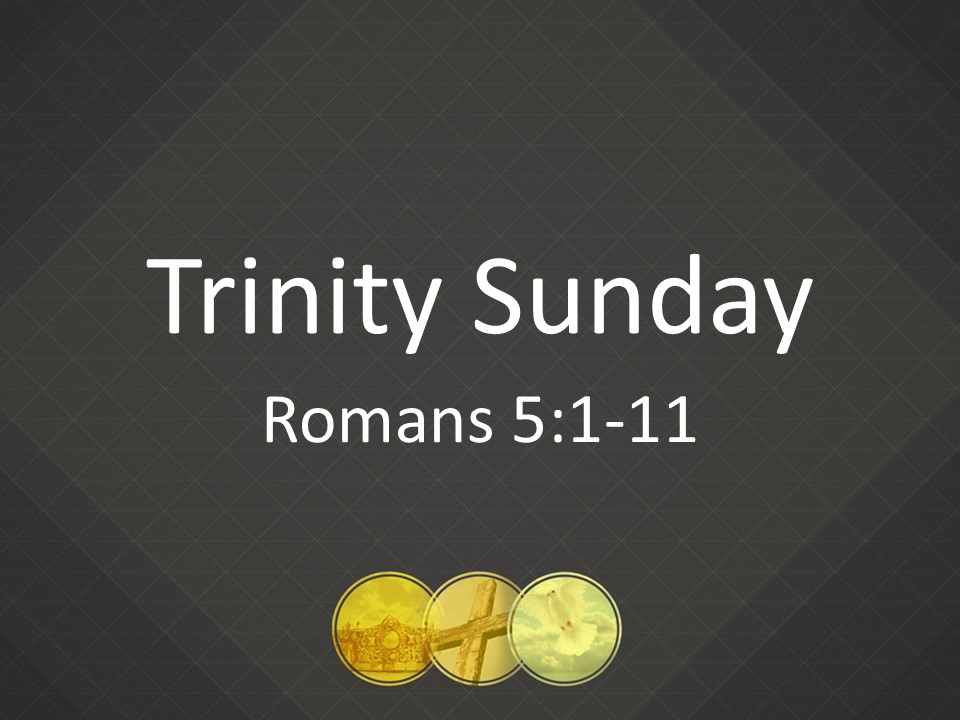 Jeff Garrison
Jeff Garrison



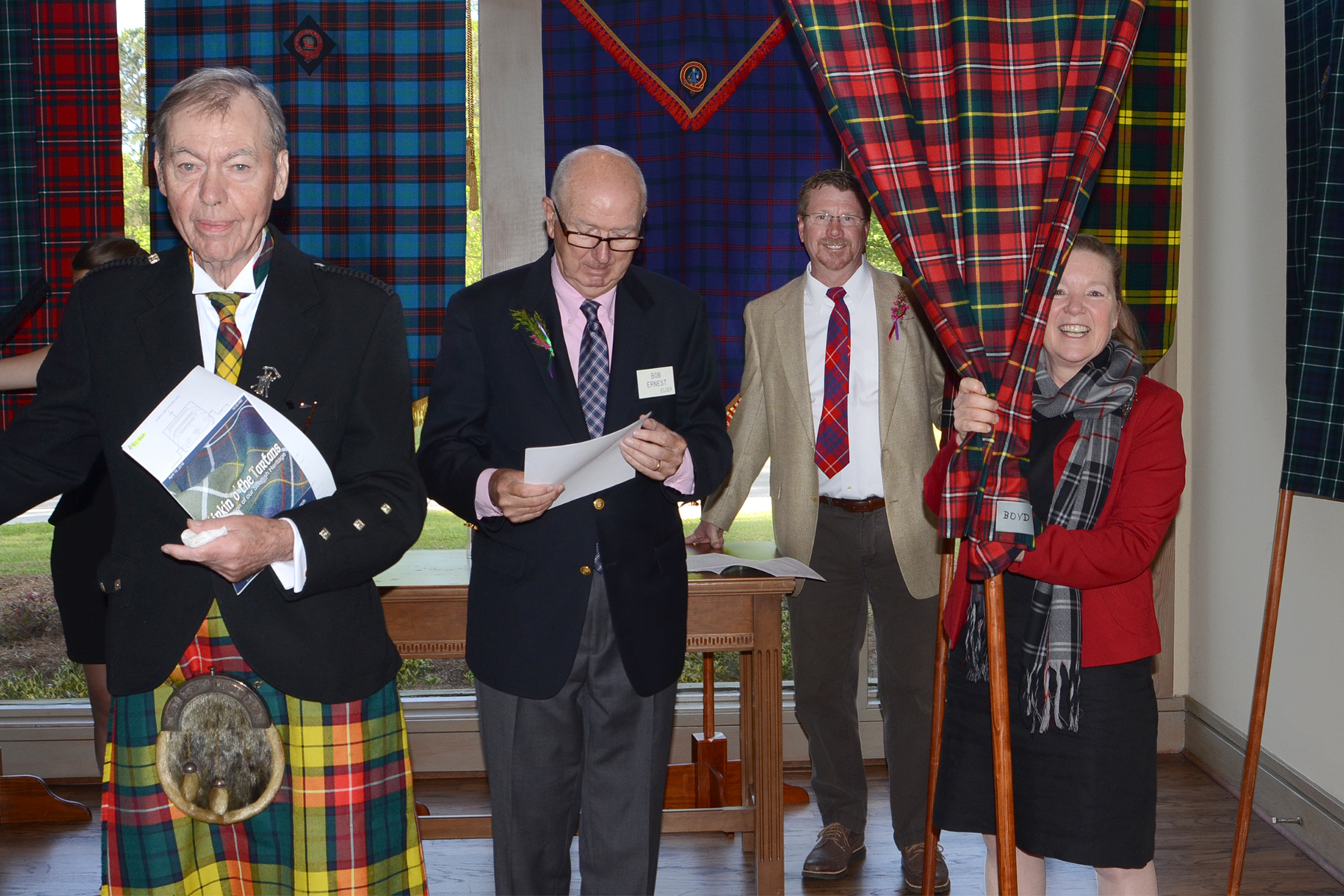
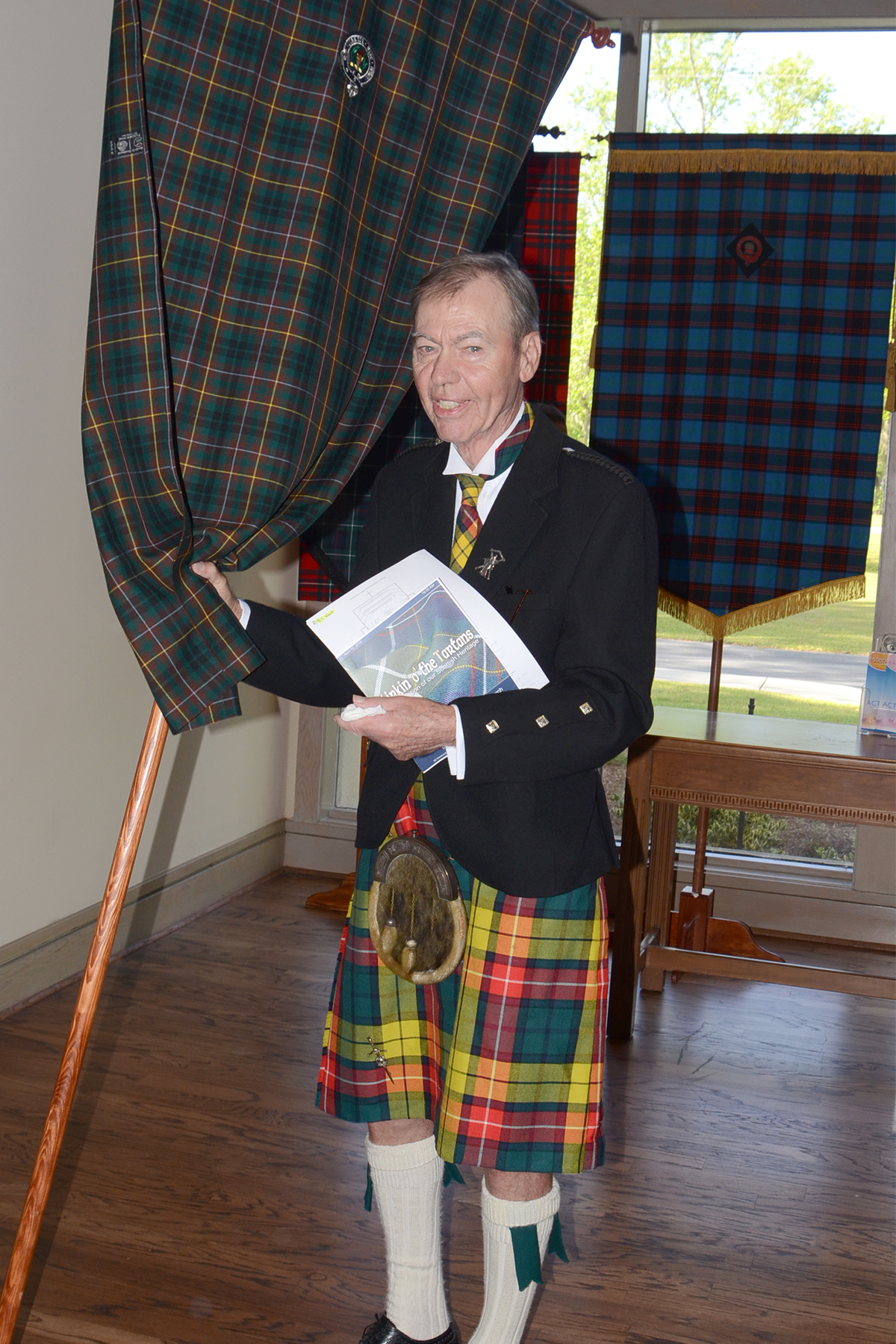

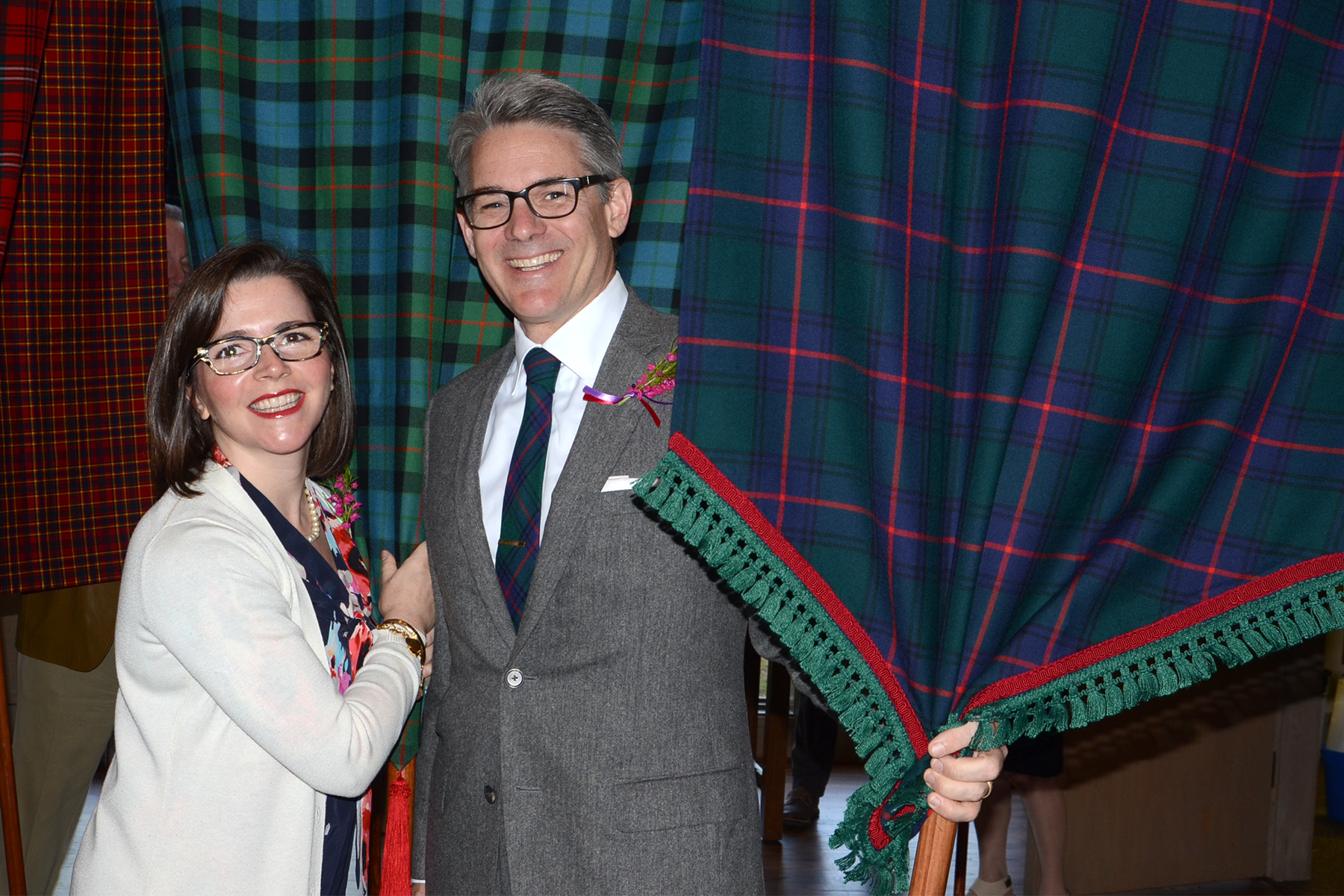
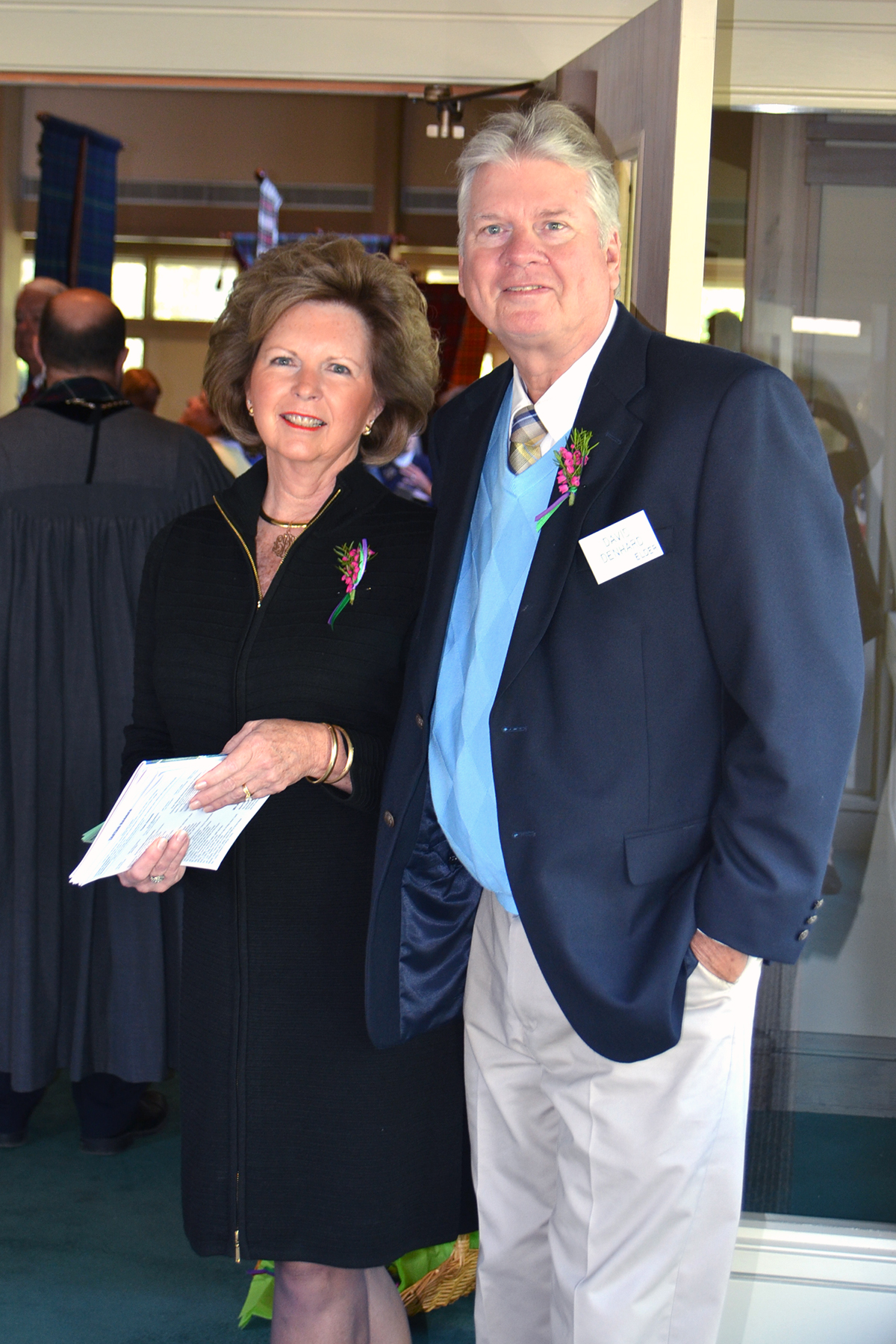
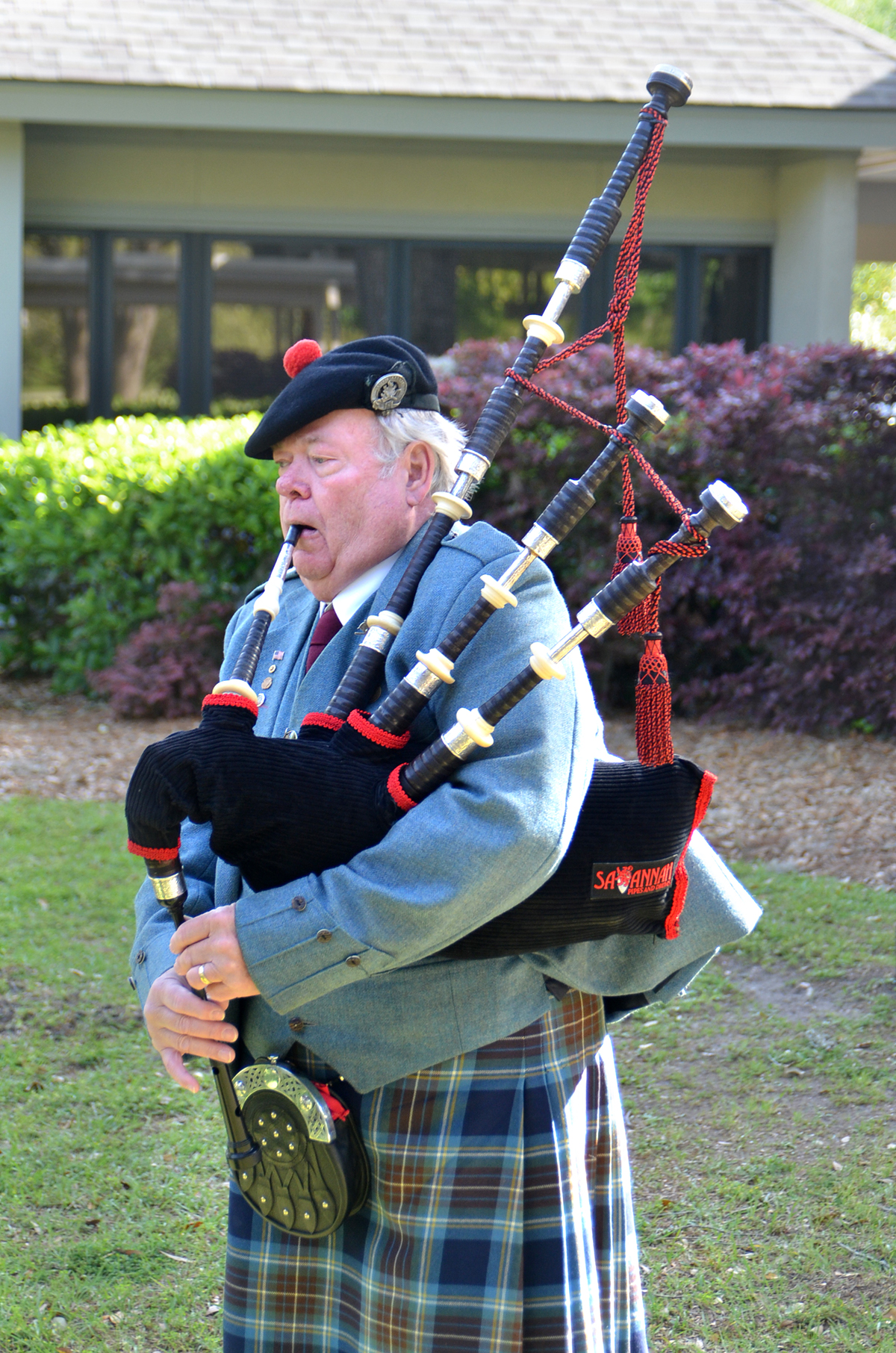
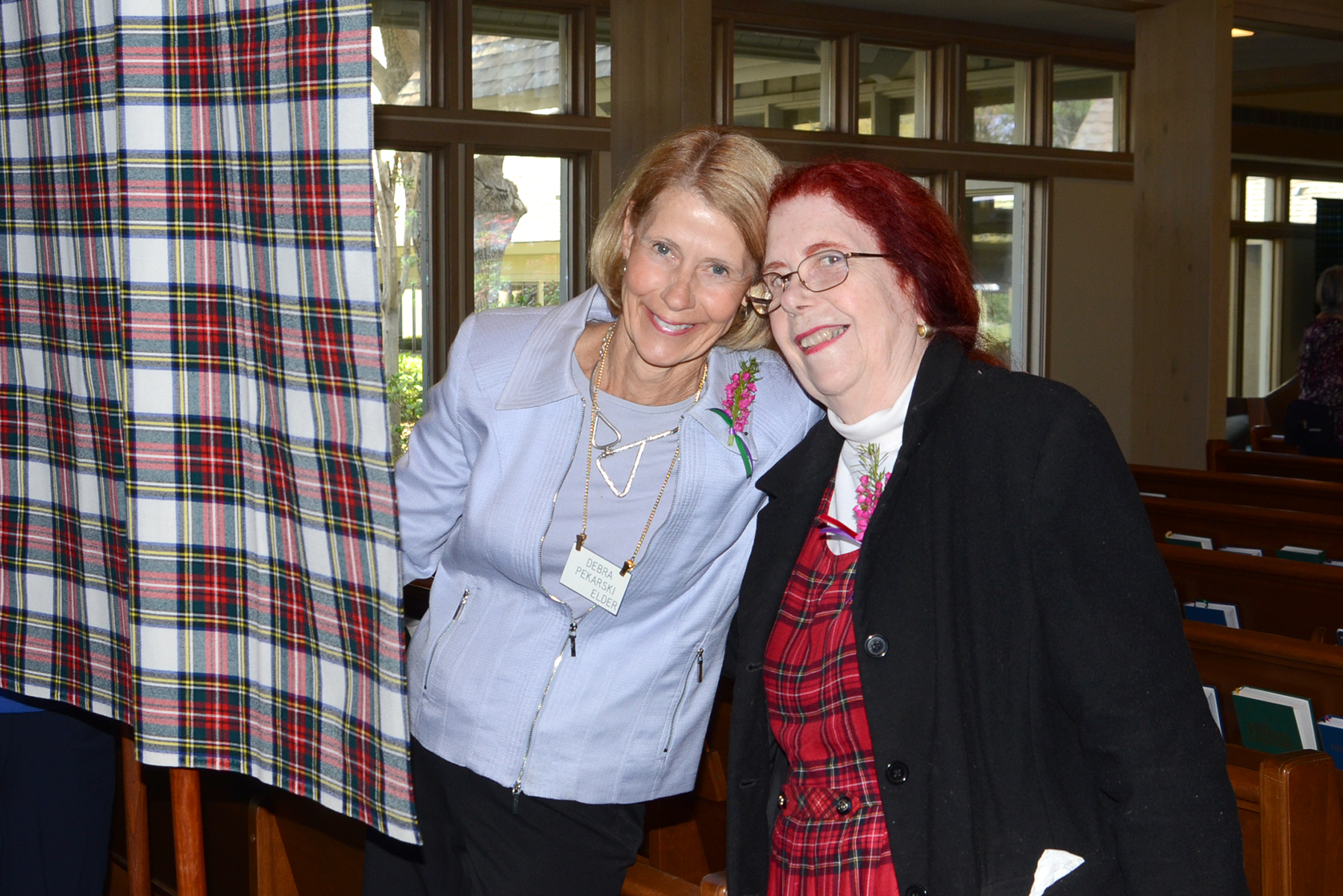
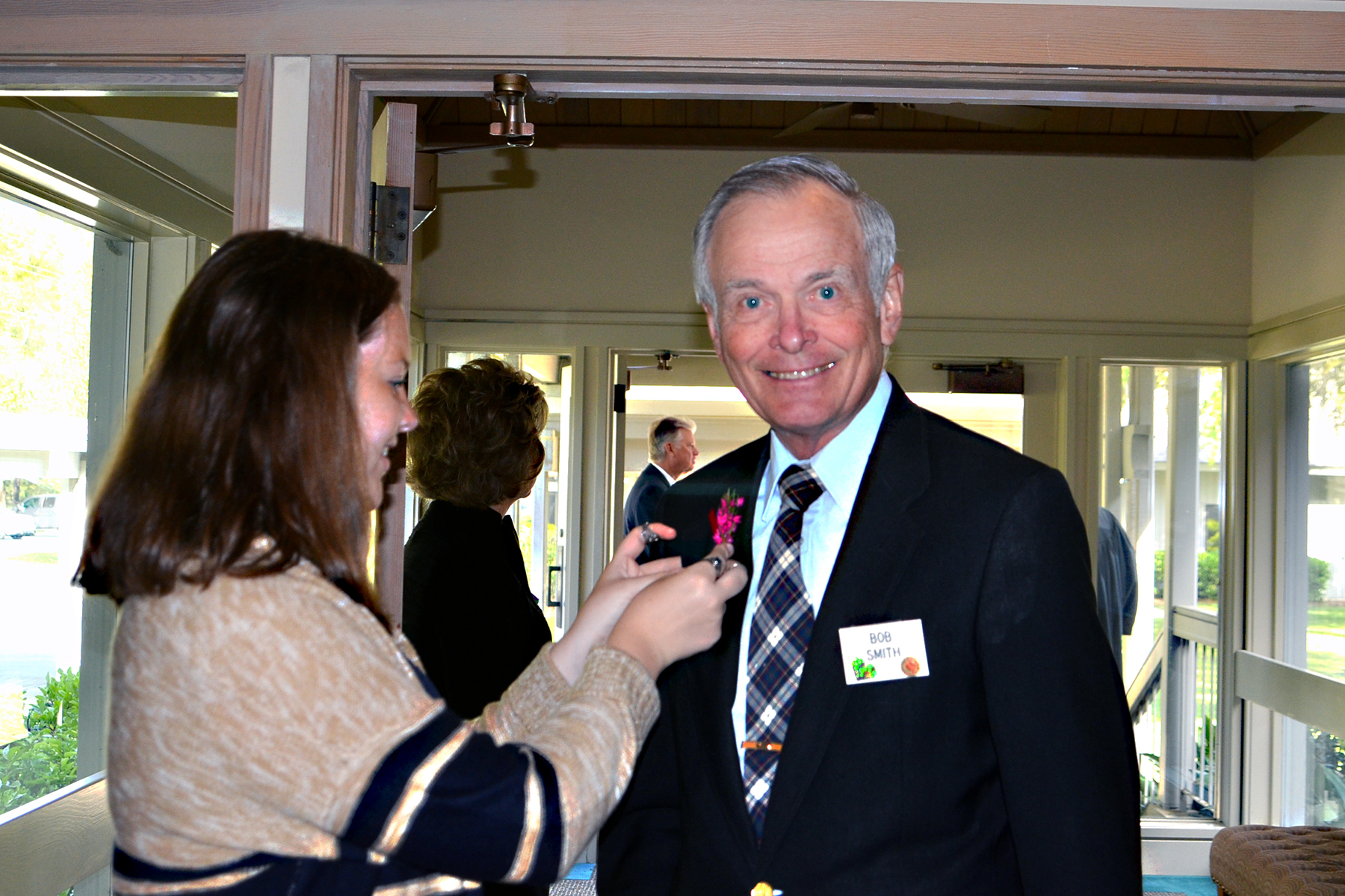
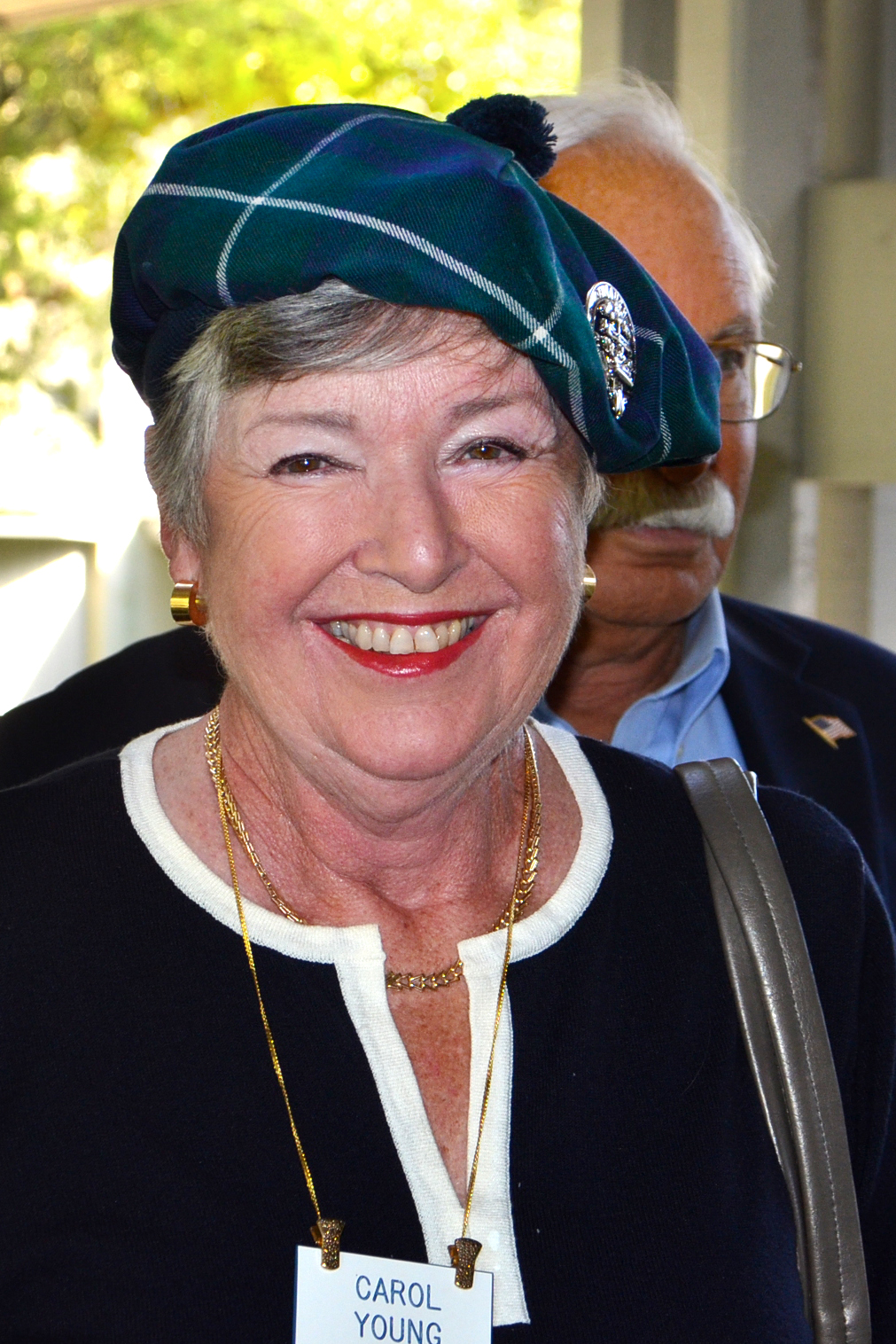

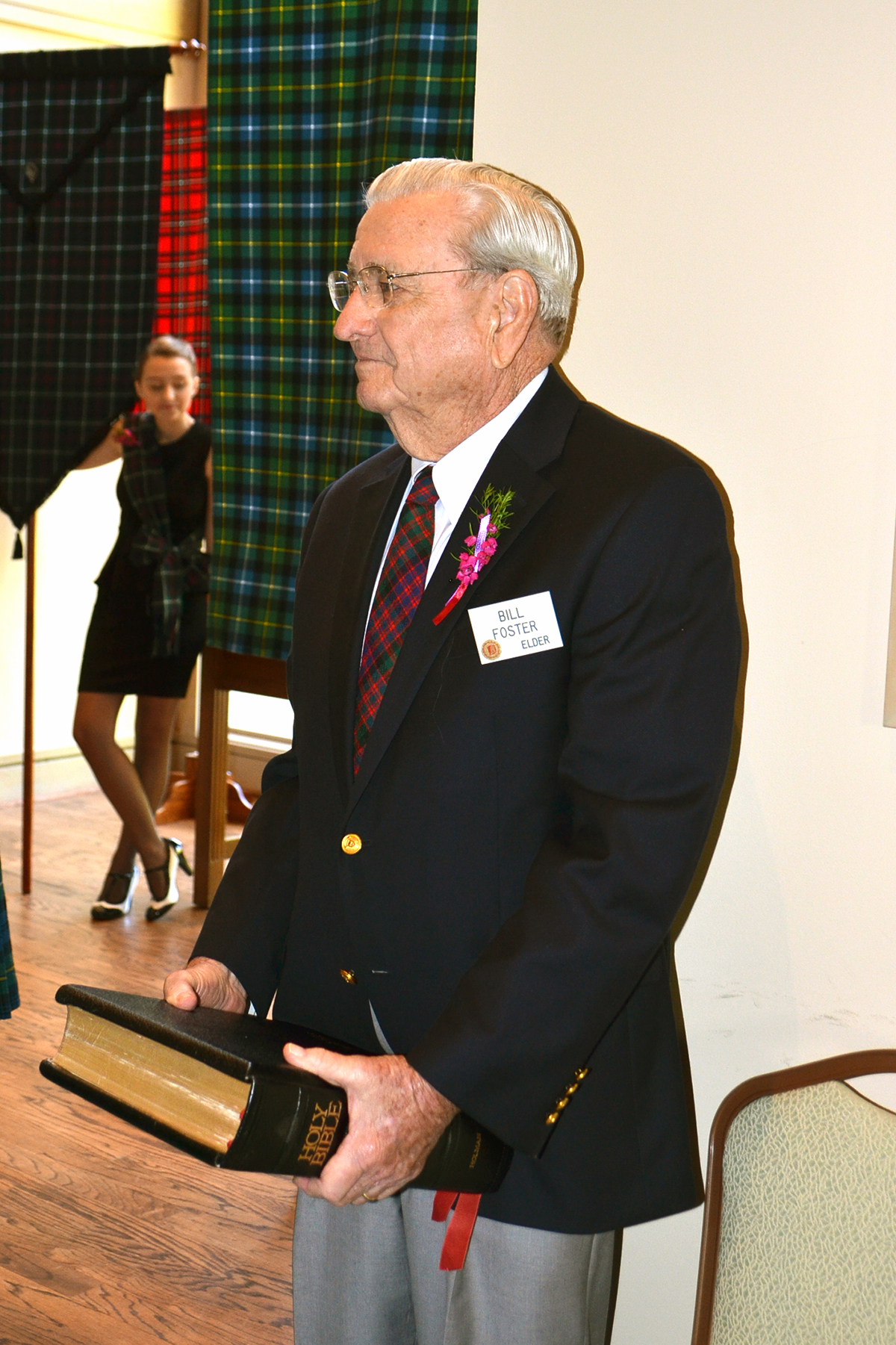
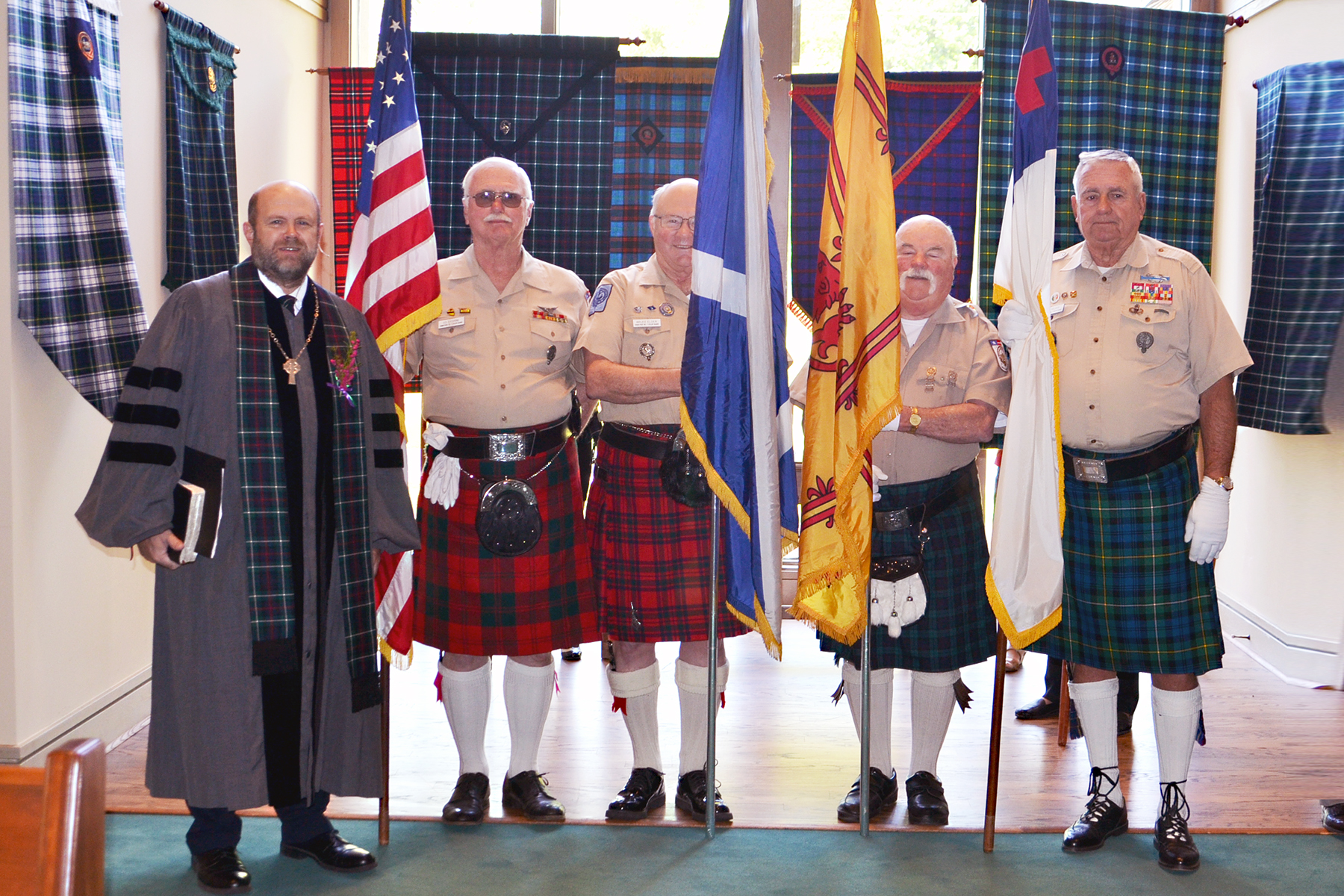
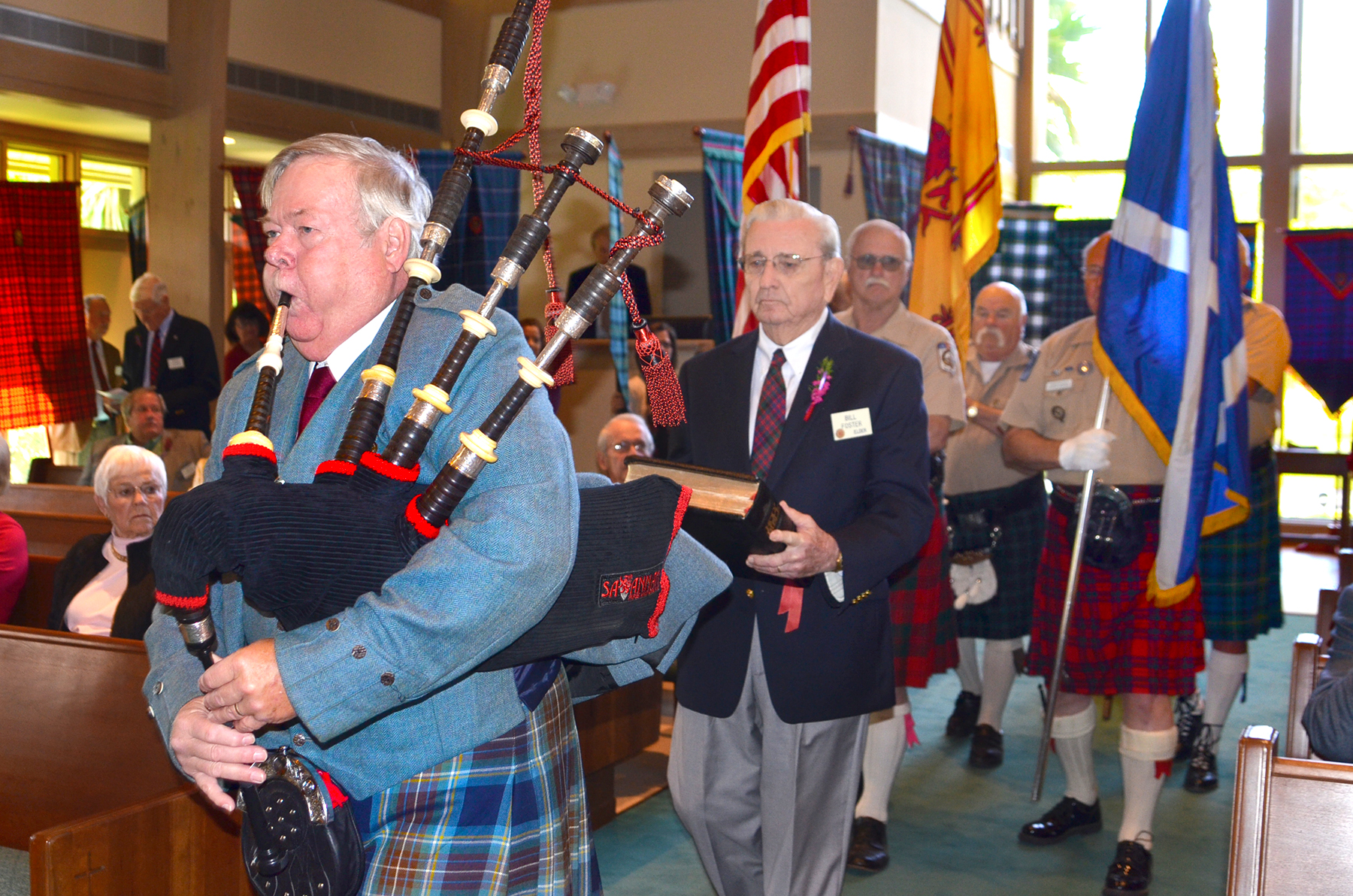
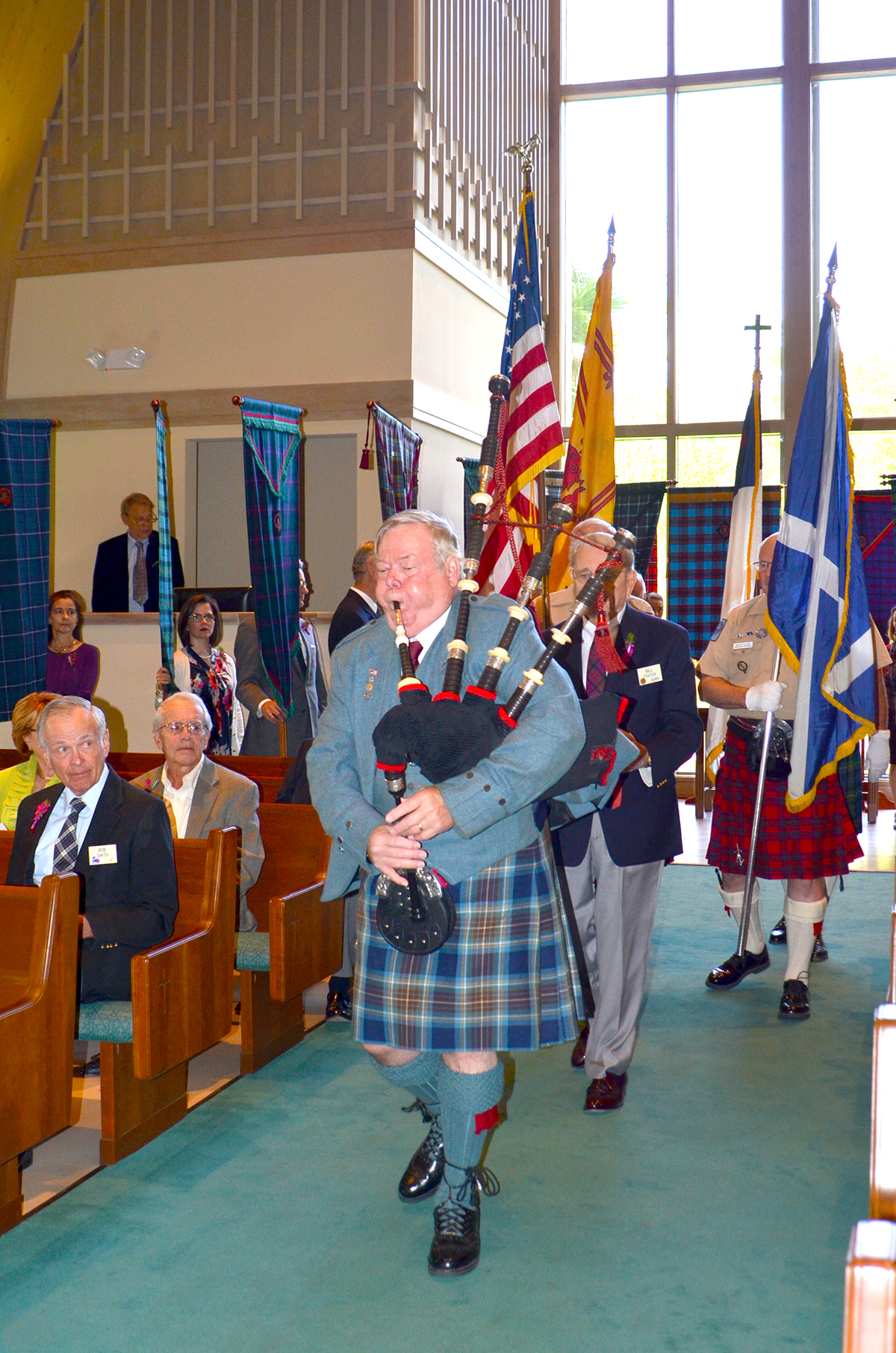
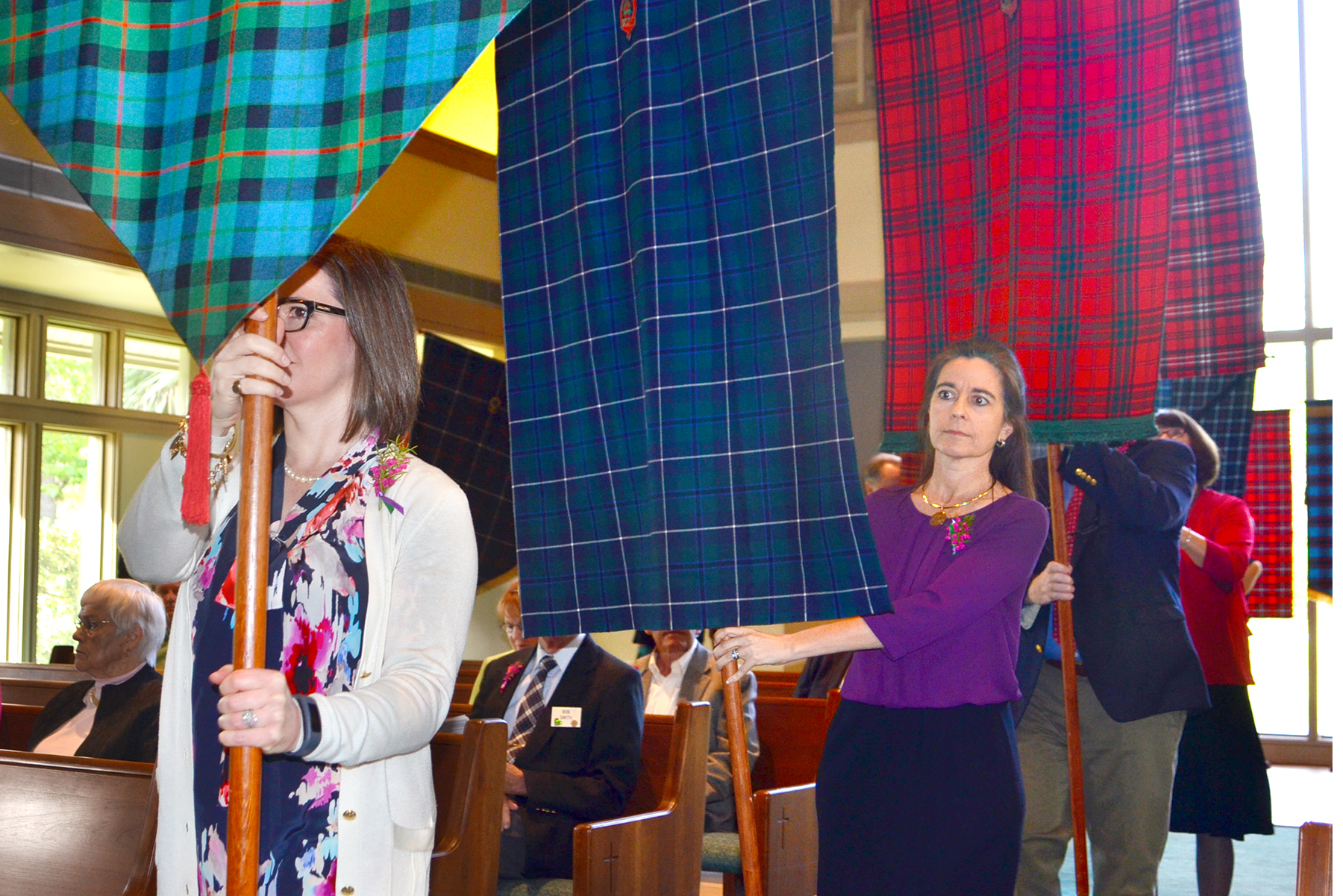
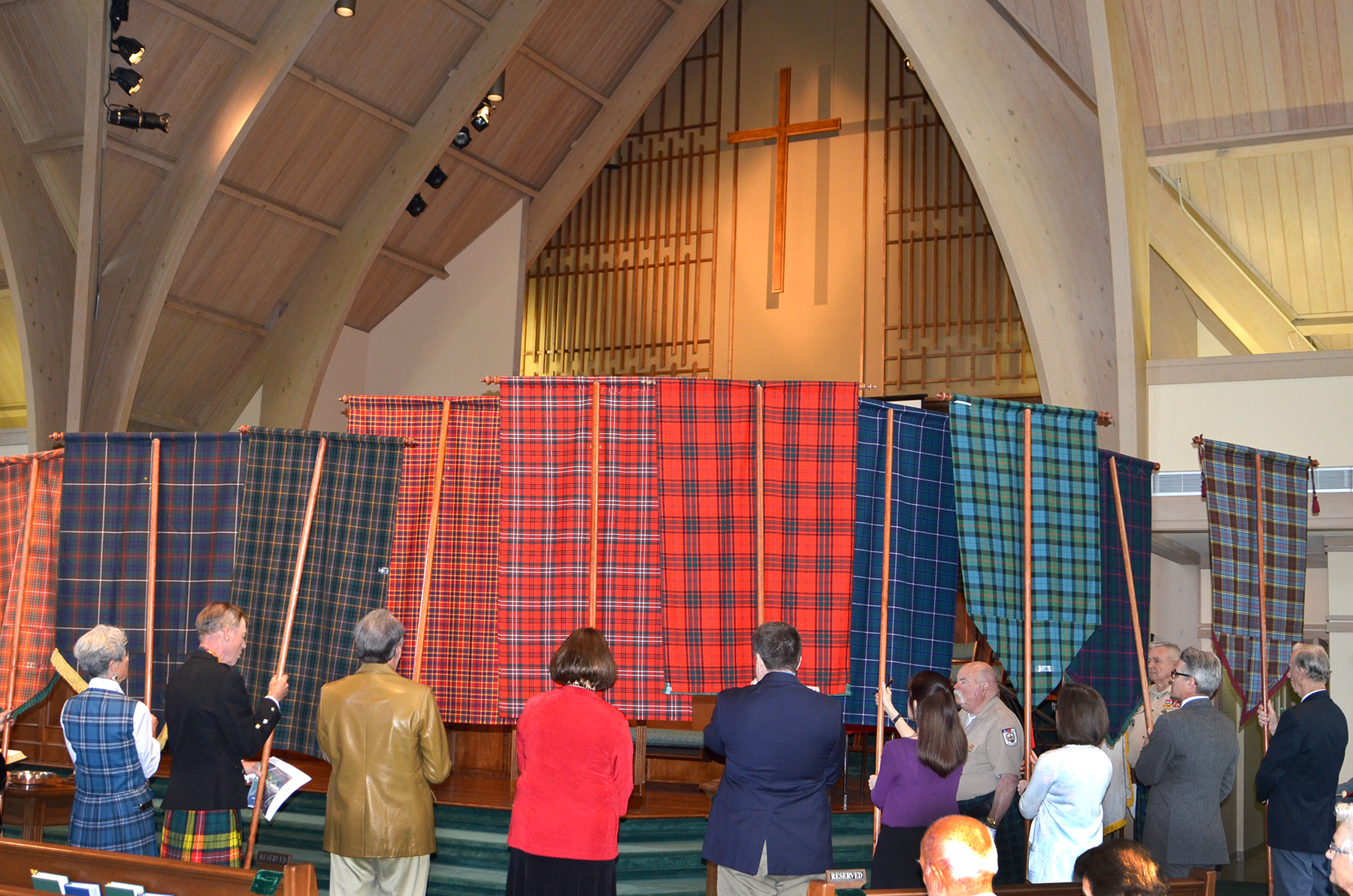
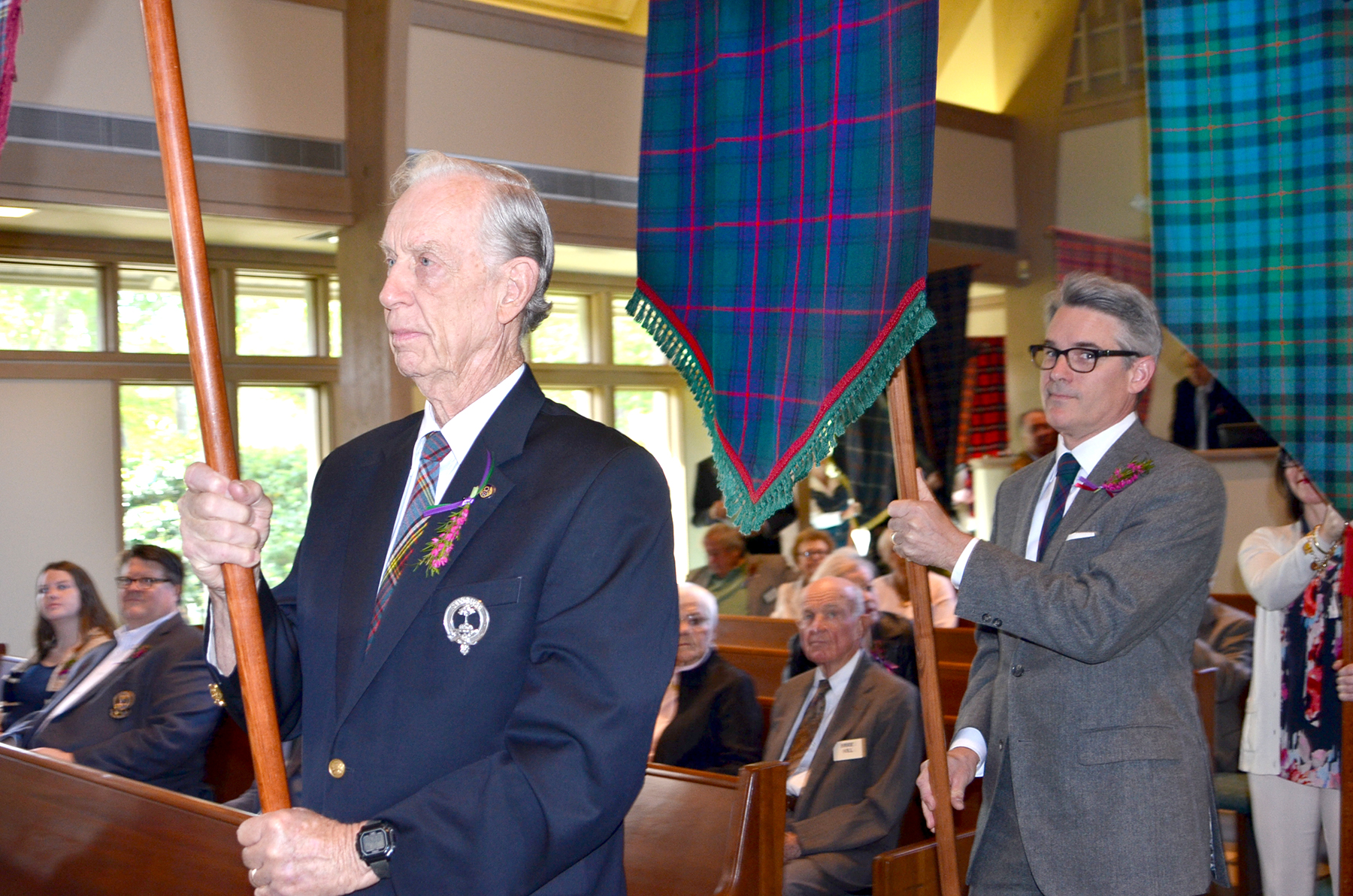
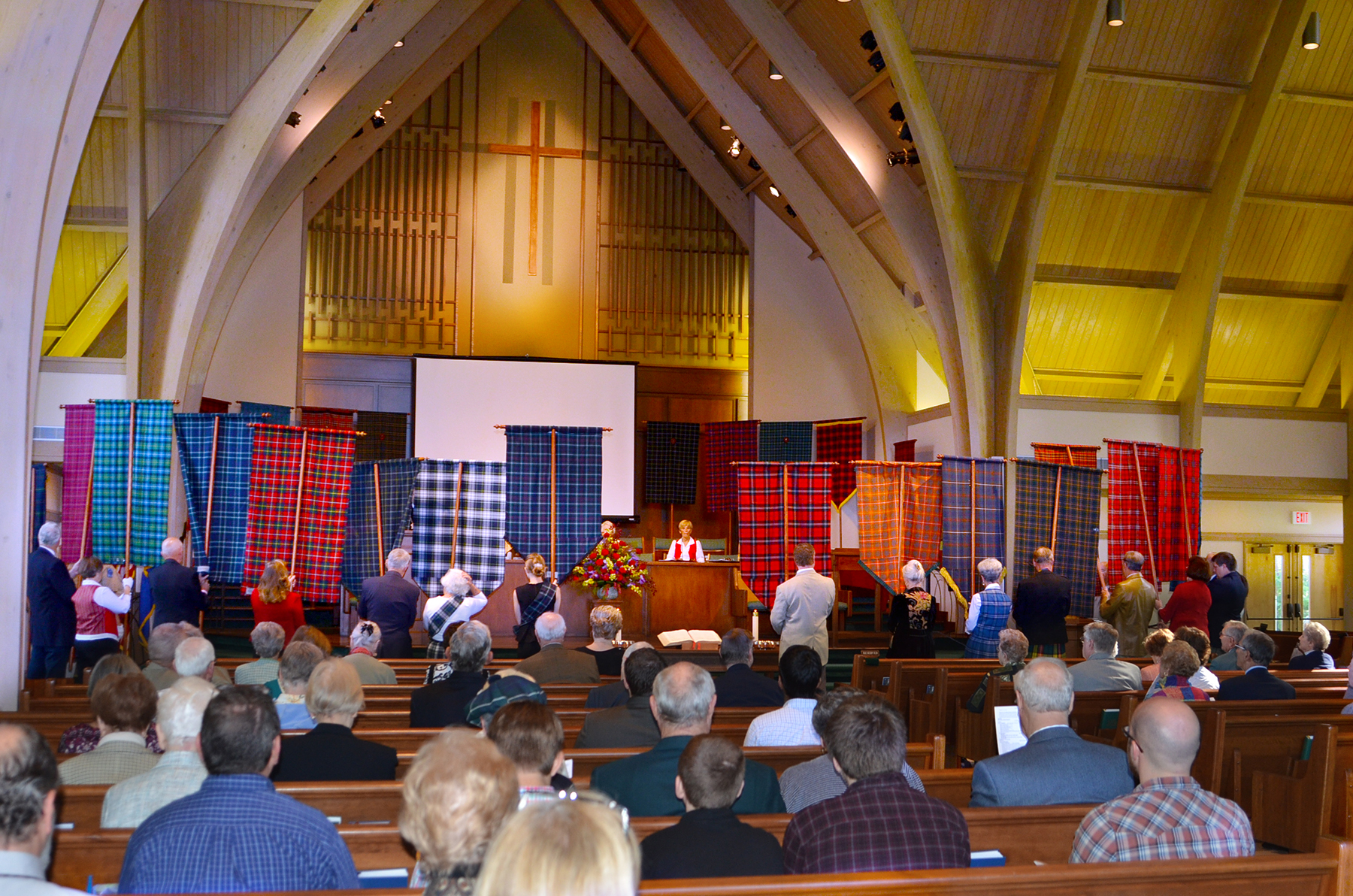
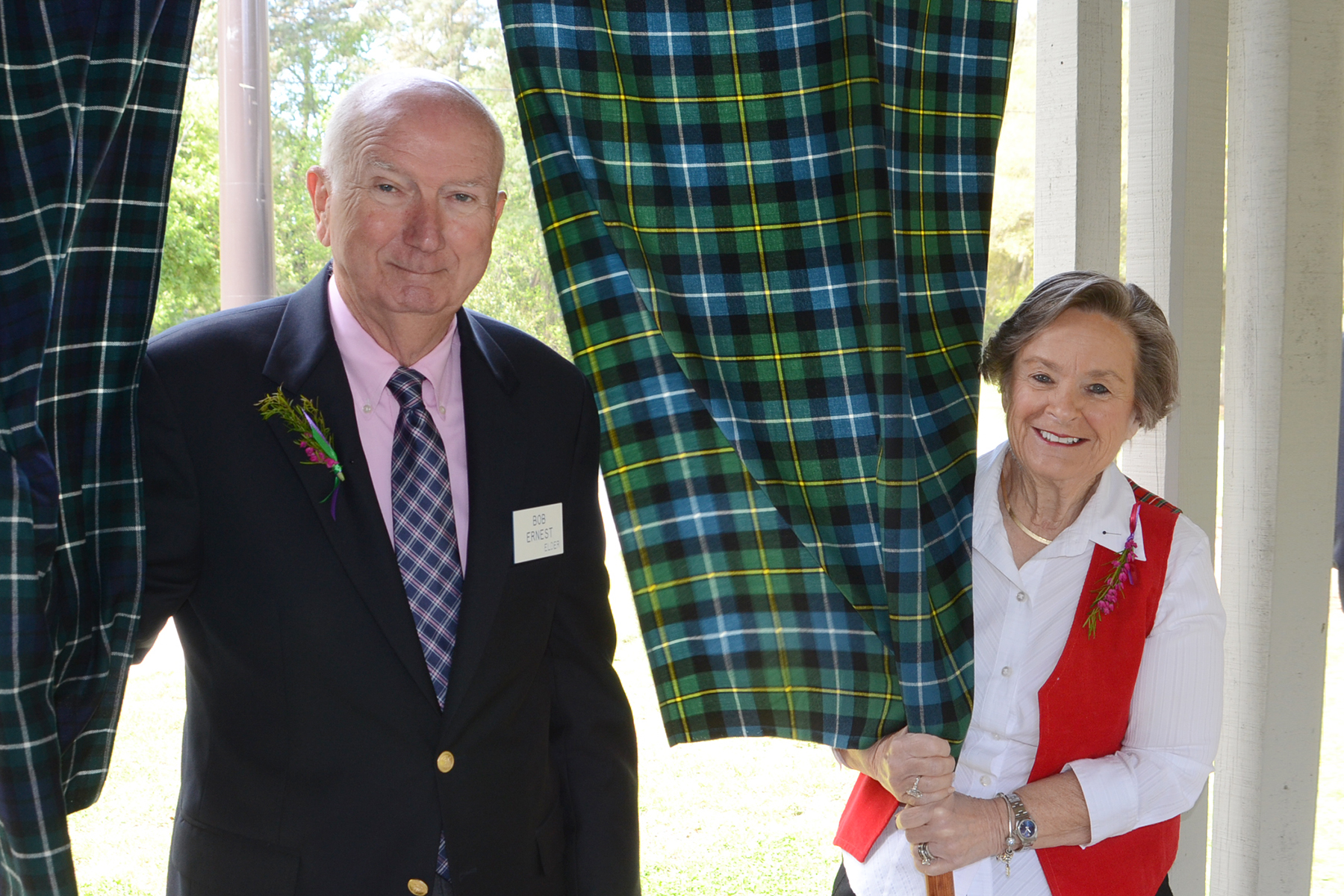
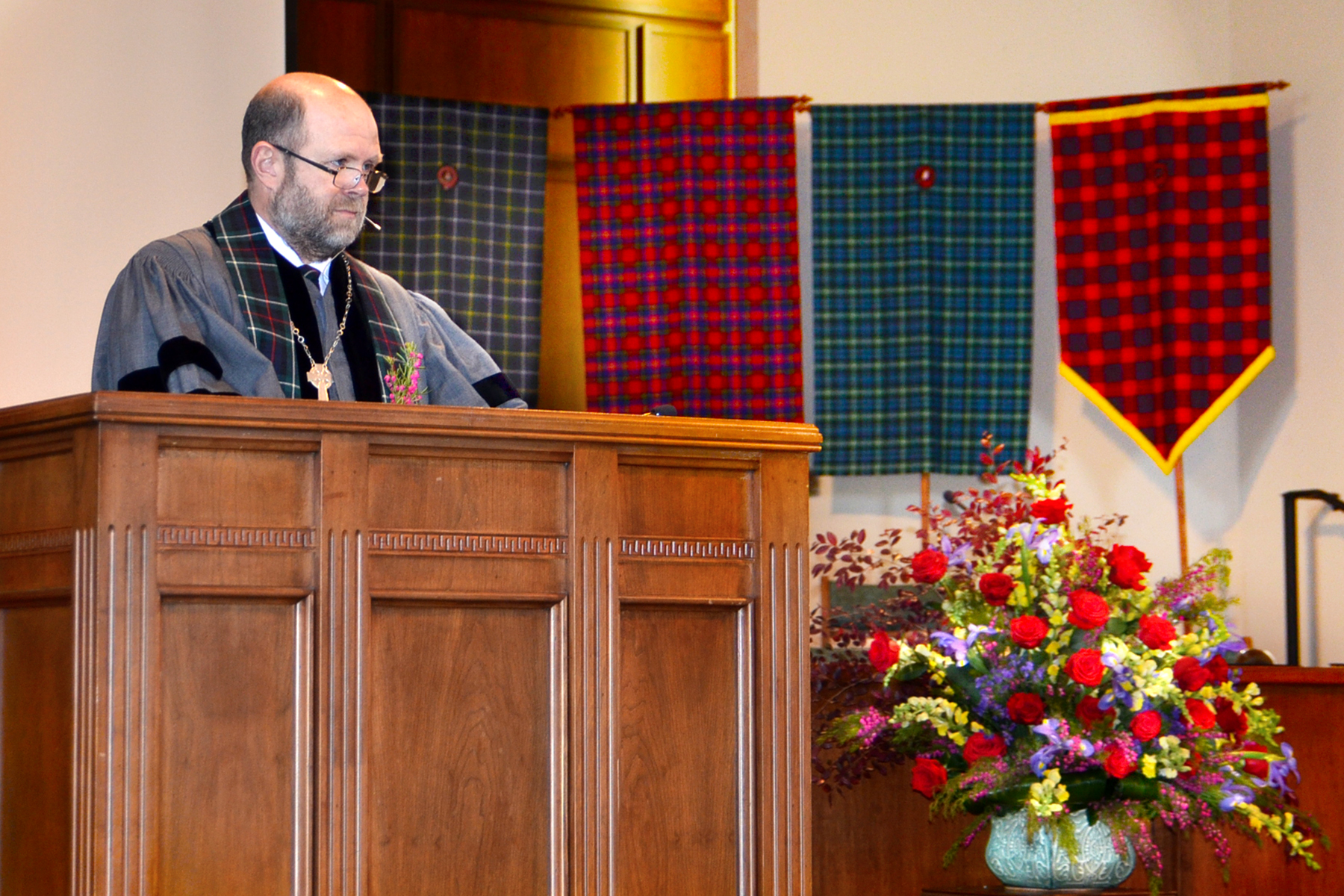
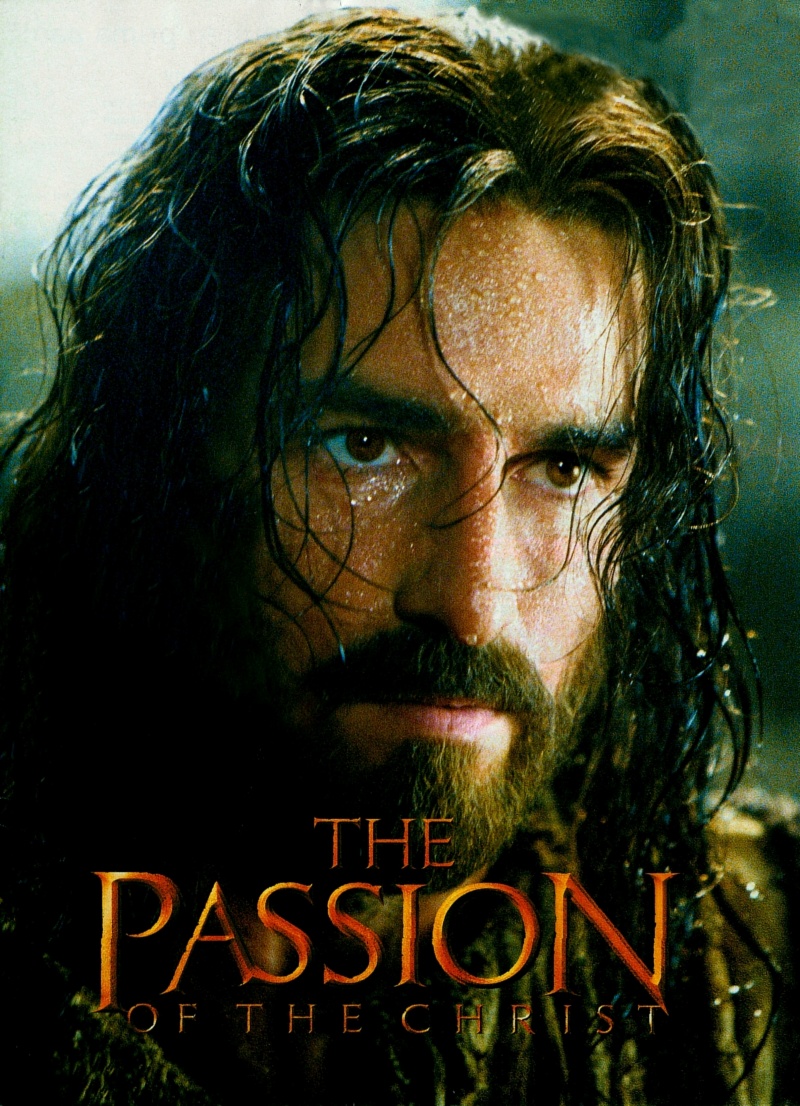 Two hours of intense brutality. Over and over again, rods and whips struck Jesus as the crowd called for vengeance that the Roman soldiers were all too willing to provide. Watching Mel Gibson’s The Passion was exhausting. This is a powerful movie that holds your attention even when you want to look away.
Two hours of intense brutality. Over and over again, rods and whips struck Jesus as the crowd called for vengeance that the Roman soldiers were all too willing to provide. Watching Mel Gibson’s The Passion was exhausting. This is a powerful movie that holds your attention even when you want to look away.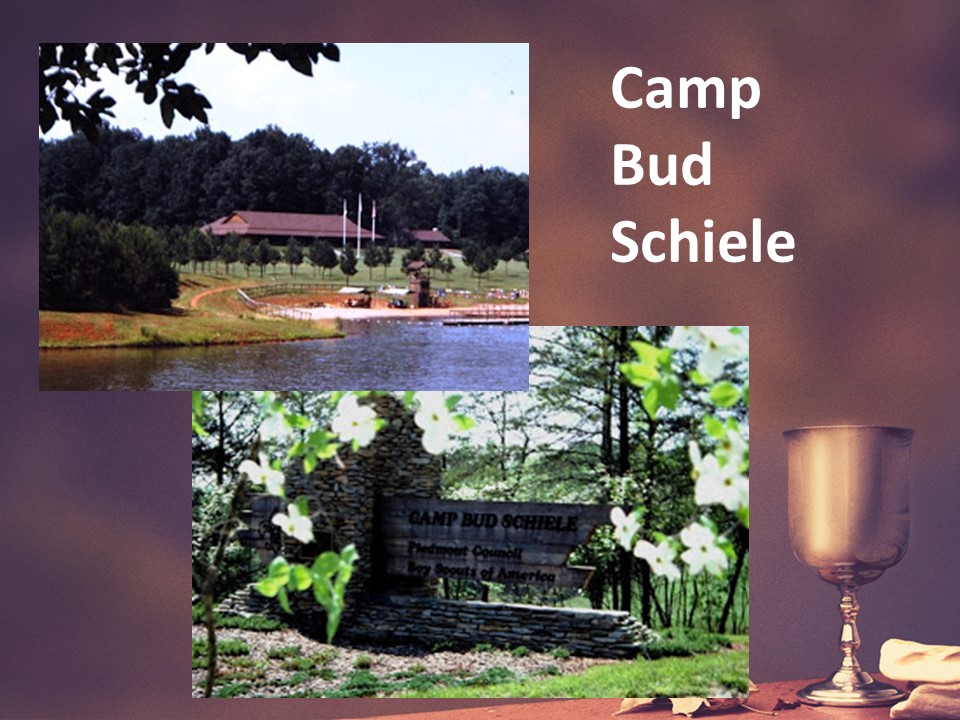 We sat down and I started asking him questions such as what he did. He said he was a race car driver. I assumed he was speaking of his hobby. “Oh,” I said, “do you run out at the Hickory Speedway.” I’d known lots of guys into racing, having grown up in the South, and all of them would have been down-right-proud to have raced at Hickory. It wasn’t quite Nascar, but it was far better than the dirt tracks. Most Nascar drivers had started out on dirt tracks and as they made their way up the circuit, would race at places like Hickory, before going to the big show.
We sat down and I started asking him questions such as what he did. He said he was a race car driver. I assumed he was speaking of his hobby. “Oh,” I said, “do you run out at the Hickory Speedway.” I’d known lots of guys into racing, having grown up in the South, and all of them would have been down-right-proud to have raced at Hickory. It wasn’t quite Nascar, but it was far better than the dirt tracks. Most Nascar drivers had started out on dirt tracks and as they made their way up the circuit, would race at places like Hickory, before going to the big show.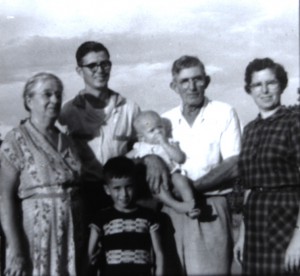
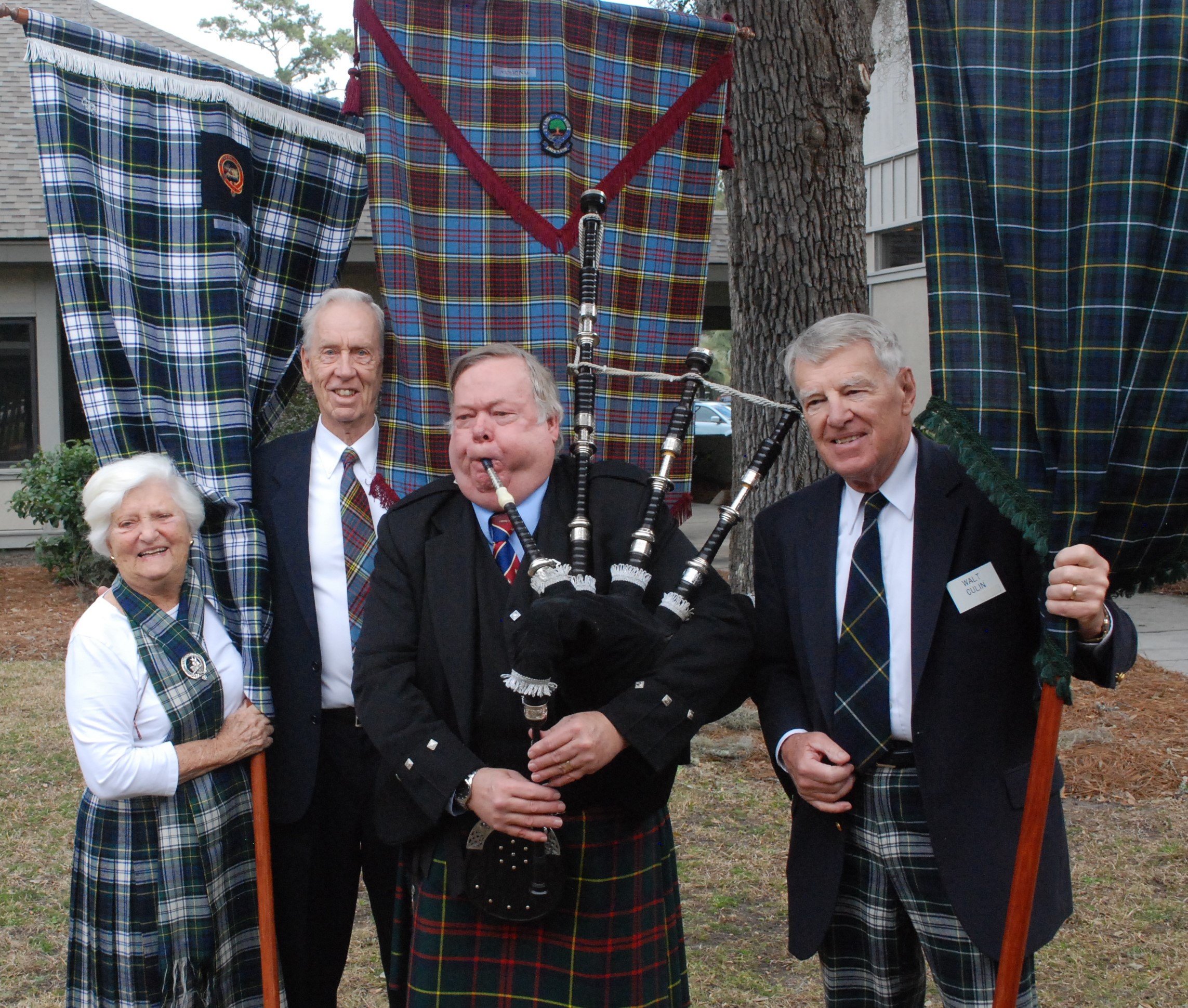 On Sunday, April 10, 2016, Skidaway Island Presbyterian Church will celebrate Scottish heritage with a Kirkin’ o’ the Tartans service. This colorful and festive service will include the flying of dozens of tartans throughout the Sanctuary along with a procession of tartans that will be led by a Beadle (a lay assistant to the Pastor) carrying the Bible and a bagpipe. This year’s Beadle will be William Foster. The service will begin at 10 AM. The sermon will be preached by the pastor, the Reverend Dr. C. Jeffrey Garrison, a descendant of the MacKenzies who settled in the upper Cape Fear region of North Carolina in the mid-18th Century. The service will include Scottish prayers. Everyone is welcomed.
On Sunday, April 10, 2016, Skidaway Island Presbyterian Church will celebrate Scottish heritage with a Kirkin’ o’ the Tartans service. This colorful and festive service will include the flying of dozens of tartans throughout the Sanctuary along with a procession of tartans that will be led by a Beadle (a lay assistant to the Pastor) carrying the Bible and a bagpipe. This year’s Beadle will be William Foster. The service will begin at 10 AM. The sermon will be preached by the pastor, the Reverend Dr. C. Jeffrey Garrison, a descendant of the MacKenzies who settled in the upper Cape Fear region of North Carolina in the mid-18th Century. The service will include Scottish prayers. Everyone is welcomed.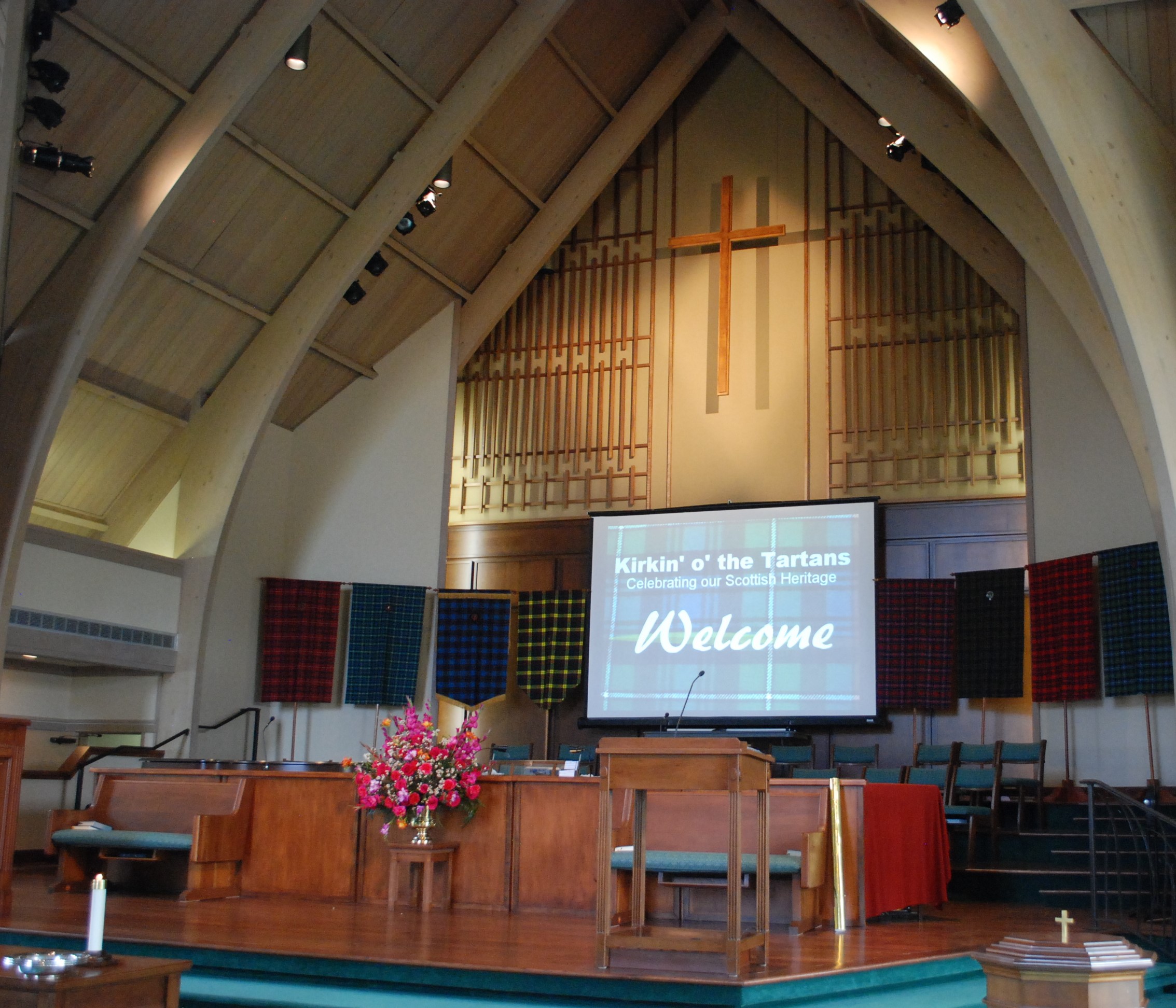
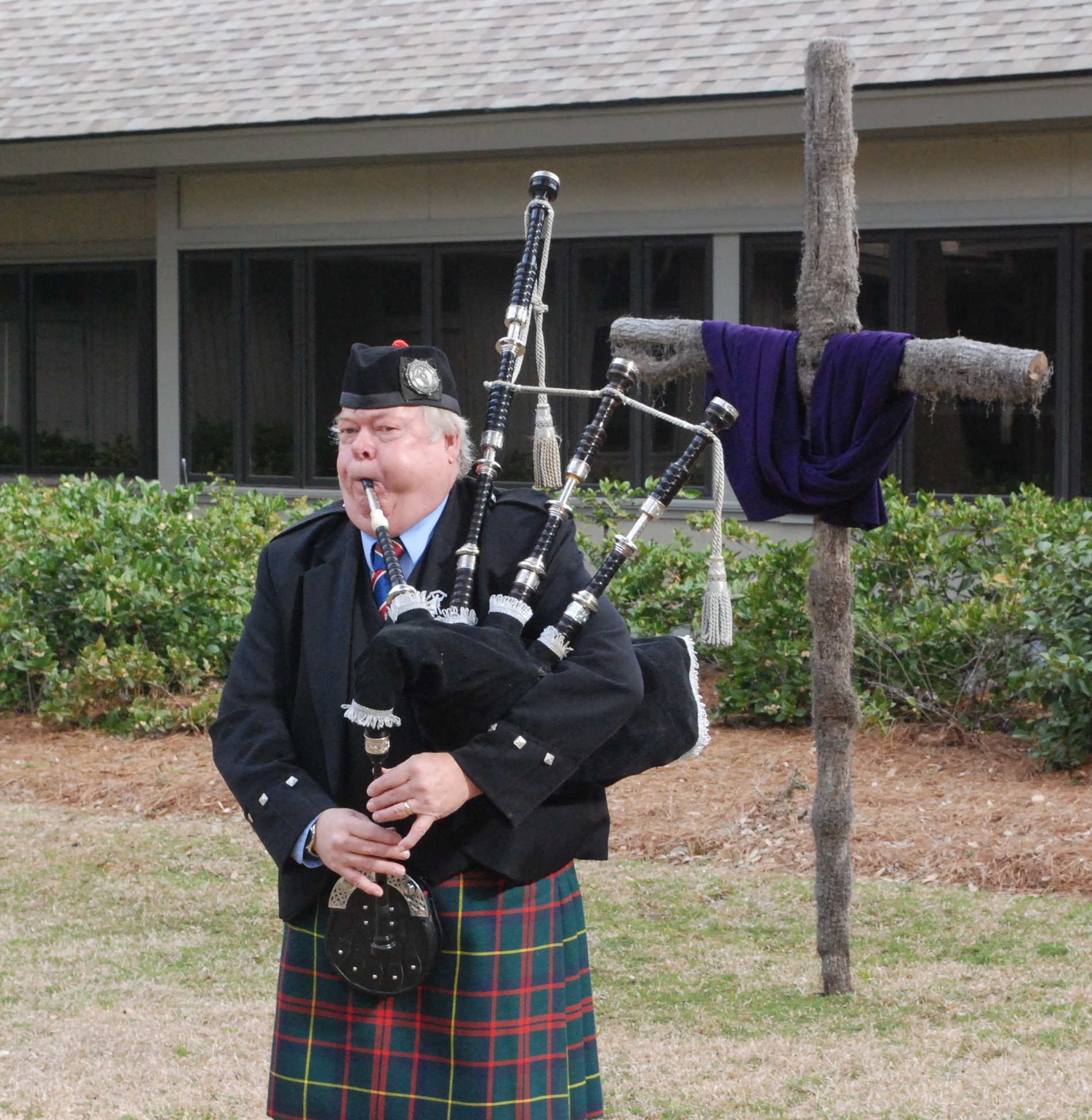
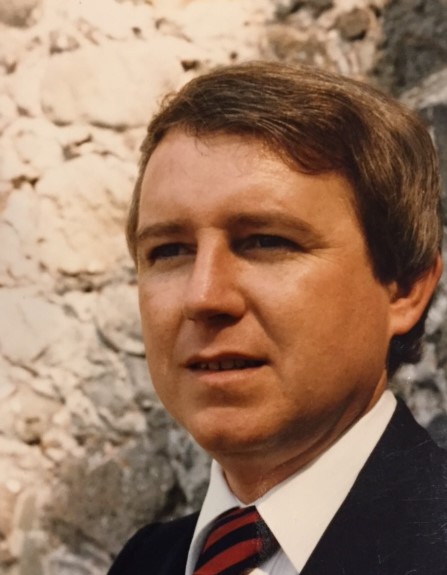 arbecue, cole slaw, baked beans and hushpuppies, Ron and I went searching for empty seats at the makeshift tables that filled Clarkton’s tobacco warehouse. It was a month or so after market, but the sweet smell of Brightleaf Tobacco lingered. We nudged our way to a couple empty seats. Ron turned to the man and his wife sitting next to them and asked if these seats were available.
arbecue, cole slaw, baked beans and hushpuppies, Ron and I went searching for empty seats at the makeshift tables that filled Clarkton’s tobacco warehouse. It was a month or so after market, but the sweet smell of Brightleaf Tobacco lingered. We nudged our way to a couple empty seats. Ron turned to the man and his wife sitting next to them and asked if these seats were available.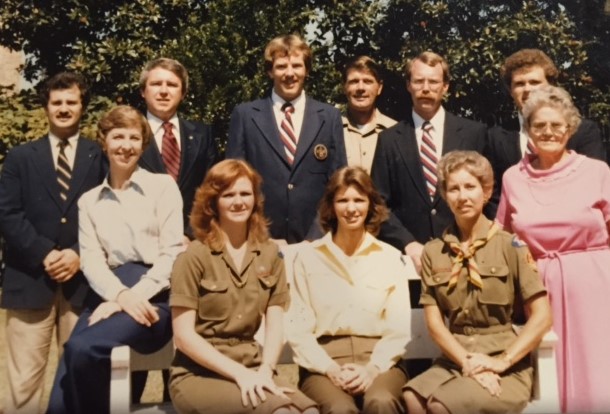 Cape Fear Council staff (~1982). Back row from left: John Cabeza (Laurinburg), Ron Carroll (Council Executive), Ray Franks (Wilmington), Andy McKay (Camp Director), ? (Lumberton), Me (in Whiteville, at this time I had hair and no beard). I don’t remember all those in the office. The red head with a uniform is Theresa Smith, the woman with a uniform and neckerchief is Pam Jeffers (she would later marry Ron) and the woman in pink that is hiding me is Ms. Lillian.
Cape Fear Council staff (~1982). Back row from left: John Cabeza (Laurinburg), Ron Carroll (Council Executive), Ray Franks (Wilmington), Andy McKay (Camp Director), ? (Lumberton), Me (in Whiteville, at this time I had hair and no beard). I don’t remember all those in the office. The red head with a uniform is Theresa Smith, the woman with a uniform and neckerchief is Pam Jeffers (she would later marry Ron) and the woman in pink that is hiding me is Ms. Lillian.
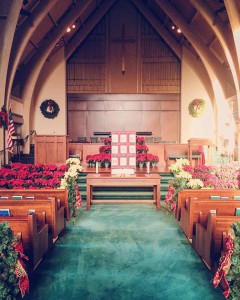 Jeff Garrison
Jeff Garrison

 Jeff Garrison
Jeff Garrison ospel opens like the birds of Appalachia in the predawn hours of spring. Everyone sings. We’ll almost everyone, old Zechariah, John the Baptist’s father, was at a loss for words. But we can bet his heart was singing. Joining in his song is his pregnant wife, Elizabeth, and Mary, pregnant with Jesus. And after Jesus’ birth, angels join the chorus for they all understand that a new day is dawning, God’s promise is about to be fulfilled.
ospel opens like the birds of Appalachia in the predawn hours of spring. Everyone sings. We’ll almost everyone, old Zechariah, John the Baptist’s father, was at a loss for words. But we can bet his heart was singing. Joining in his song is his pregnant wife, Elizabeth, and Mary, pregnant with Jesus. And after Jesus’ birth, angels join the chorus for they all understand that a new day is dawning, God’s promise is about to be fulfilled. JEFF GARRISON
JEFF GARRISON


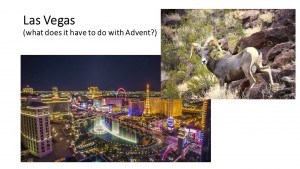
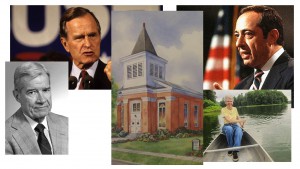


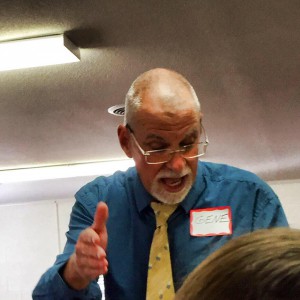

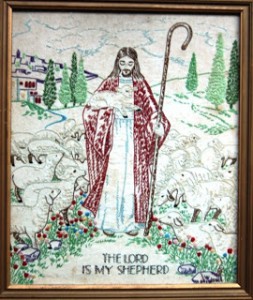








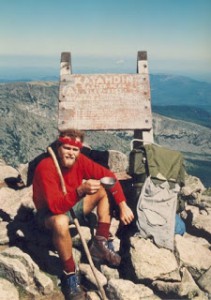


 Barbara Brown Taylor, An Altar in the World: A Geography of Faith (New York: Harper Collins, 2009), 216 pages.
Barbara Brown Taylor, An Altar in the World: A Geography of Faith (New York: Harper Collins, 2009), 216 pages.



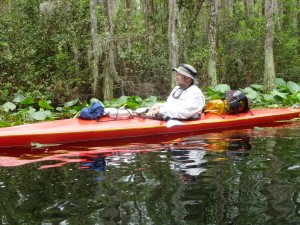







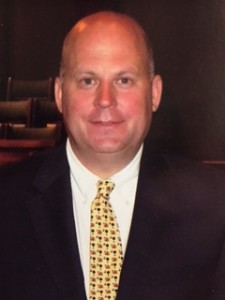





 Seabrook, The World of the Salt Marsh: Appreciating and Protecting the Tidal Marshes of the Southeastern Atlantic Coast (Athens: University of Georgia Press, 2013), 397 pages including an index and notes
Seabrook, The World of the Salt Marsh: Appreciating and Protecting the Tidal Marshes of the Southeastern Atlantic Coast (Athens: University of Georgia Press, 2013), 397 pages including an index and notes

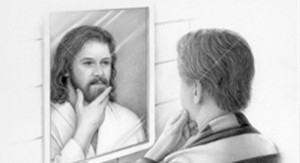
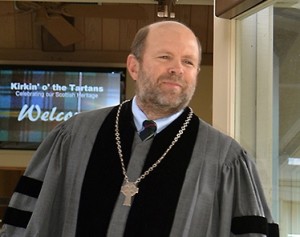





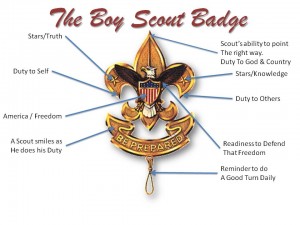





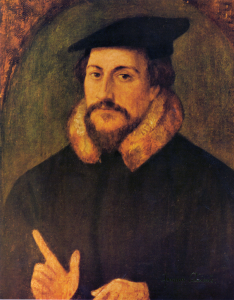




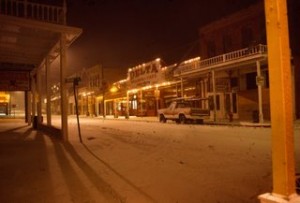

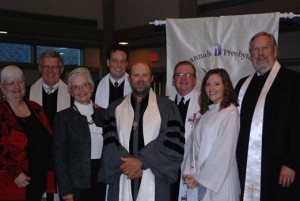
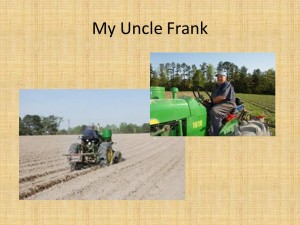


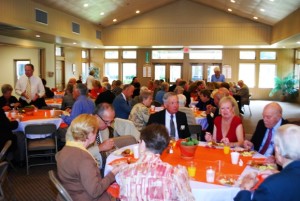
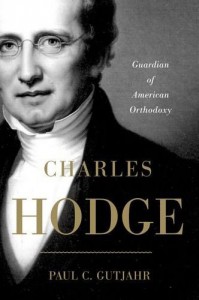
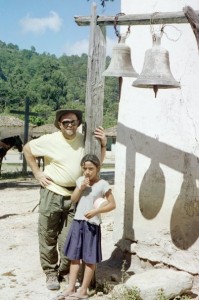

 We live in a fearful world. There is the treat of terrorism. On the medical front, we fear cancer, Ebola, AIDS and other diseases. In our unstable economy, we fear unemployment and worry about losing our investments. There is always the fear of violent crime. All we have to do is to watch the evening news and we’re reminded of the danger lurking in the shadows. Will we or someone we love be the next victim? Although living fearlessly is foolishness and not a good option, Bader-Saye suggests there are theological problems created us being overly obsessed with fear. He doesn’t suggests that fear is a vice; instead, he explores how “excessive or disordered fear can tempt us to vices such as cowardice, sloth, rage and violence” (26). For Christians, living too fearfully destroys our ability to trust in God and to love others and to practice basic Christian virtues: hospitality, peacemaking and generosity (29). In his closing appendix, Bader-Saye notes that we need a better theology, not a political theory, to overcome fear. (154). Bader-Saye begins his book with a chapter exploring “fear for profit.” Quoting Al Franklen, he builds upon his idea that instead of a liberal or conservative media bias, the one we should be most concerned with is the profit bias (16-17). Fear sells and the past few decades (especially since the FCC deregulation of broadcasting in the 1980s) the demand on news shows to create a profit and to boost ratings have lead to more sensational and shocking news coverage, which often unnecessarily increases our fear. Numerous examples are citing in support of his theory. We worry about toxic residue in food when far more people die from an inadequate diet. We fear little known illnesses or operating room accidents while ignoring other more tangible things we can do to protect our health. We believe we live in a more dangerous world than in the past, but those of us in the West actually live much longer than our grandparents and great-grandparents. In the 1990s, when violent crime rates were falling, most people felt crime was out of control. Our elected leaders run campaigns of fear: “if you can’t woo voters, scare them” (19). Even the church isn’t immune to this obsession. Without naming names, Bader-Saye reminds us of how “religious groups are particularly vulnerable to the kind of demagoguery that creates and capitalizes on fear” (20). Although much of this book is devoted to fear in a macro-sense (especially in the political realm and in relationships between nation/states), Bader-Saye also notes the role fear plays in our personal lives. Perceived fear has even changed the way we parent as the emphasis shifts from “good parenting” to “safe parenting” (13). Fear also impacts our relationships. One who fears abandonment will have a hard time risking love, for if one does not love, one will never know abandonment. One who fears rejection may have a hard time trying something new. In an attempt to protect our hearts, we shield ourselves from that which we most desire (45). This book has much to say about international politics. Out of fear, preemptive strikes against an opponent are often prescribed. However, what defines the threat and the politics of preemptive strikes leads us down a road to where the only way to be safe is to eliminate all who could potentially be an enemy. This philosophy obviously has problems. Bader-Saye suggests that one way to control fear is to have faith in God’s providence, but he also notes that too often a politician invokes providence “as a divine rubber stamp for human ideologies and interest” (120). In a study of George Bush’s State of the Union Addresses in 2003 and 2004, he notes how in the first speech, Bush claimed that God’s providence was hidden, but in 2004 was willing to link the Iraq war with providence. (122). Bader-Saye also explores pacifism and just war (126f), as well as economic philosophies. I felt he came down a little hard on Adam Smith, whom he described as having the “perfect economic philosophy for the modern age-all the calories, none of the guilt” (136). He links Adam’s “invisible hand” of the market place with providence, saying that Smith’s philosophy gave us a providential excuse not to be generous (137). Reclaiming the original view of providence will help calm our fears as we trust in a good God. But providence is often misunderstood. Too many people see it “as a guaranteed protection plan [which] is to mistake both the real contingencies of life and the kind of power God chooses to use in guiding the creation to its goal” (89-90). We do a disservice to God and to others when we propagate the myth that our troubles are the result of our sinfulness and that following Jesus will take them all away. Such a belief isn’t even Biblical as both Job and Jesus point out. Bader-Saye draws heavily upon popular culture to illustrate his points. He quotes from all kinds of musicians, from Bono to Tim McGraw to Dashboard Confessionals (alternative rock). He draws upon many varieties of literature, from plays and movies. Theologically, he draws heavily from Thomas Aquinas, but also from John Calvin and Karl Barth and others. Although in discussion of the policy of ore-emptive strikes necessitated much discussion of George Bush’s policies (the book was published while he was still President), when discussing the role fear plays within the political process, he doesn’t limit himself to bashing just one political party, but made it clear that both political parties are guilty (19). He gives us a lot to think about in this short book. Each chapter concludes with a series of questions for the reader to ponder. For me, this has been an important book and has caused me to do a lot of thinking. The questions would make it a good book for a small group to study. A few quotes: On listening to the flight attendant’s instructions: “I’ve heard it many times before, but this time I could not help but hear ‘first secure your own mask’ as a kind of motto for the new ethic of safety.” (28) “I used to think that the angels in the Bible began their message with ‘Do note be afraid’ because their appearance was so frightening. But I have come to think differently. I suspect that they begin this way because the quieting of fear is required in order to hear and do what God asks of us.” (59) “Even the darkness cannot rob our lives of purpose, since ultimately our purpose is not constructed but received.” (86) “The political search for security today relies on the conventional power that comes from strength and wealth. But if we believe the biblical witness, that kind of strength is no strength at all.” (92) God draws history to its proper end not by conventional power (that is, control and domination), but by entering the fray of human history and transforming it from within. Jesus reveals to us a God who refuses to make the world out right by violently enforcing the good. To do so would be to betray the good by betraying peace. God’s ways are not the ways of the world. God is not a ‘superpower.’ God does not swoop in to rescue when things get really bad.” (93) “This is part of the intention of terrorism, to create a climate of fear that poisons ordinary human relations with suspicion.” (103) “Believing that Christians are called to be peacemakers does not necessarily mean that one must be a pacifist, but it does mean that one always begins with a presumption for peace and a very limited set of circumstances in which that presumption can be overruled by tragic and just use of force.” (118)
We live in a fearful world. There is the treat of terrorism. On the medical front, we fear cancer, Ebola, AIDS and other diseases. In our unstable economy, we fear unemployment and worry about losing our investments. There is always the fear of violent crime. All we have to do is to watch the evening news and we’re reminded of the danger lurking in the shadows. Will we or someone we love be the next victim? Although living fearlessly is foolishness and not a good option, Bader-Saye suggests there are theological problems created us being overly obsessed with fear. He doesn’t suggests that fear is a vice; instead, he explores how “excessive or disordered fear can tempt us to vices such as cowardice, sloth, rage and violence” (26). For Christians, living too fearfully destroys our ability to trust in God and to love others and to practice basic Christian virtues: hospitality, peacemaking and generosity (29). In his closing appendix, Bader-Saye notes that we need a better theology, not a political theory, to overcome fear. (154). Bader-Saye begins his book with a chapter exploring “fear for profit.” Quoting Al Franklen, he builds upon his idea that instead of a liberal or conservative media bias, the one we should be most concerned with is the profit bias (16-17). Fear sells and the past few decades (especially since the FCC deregulation of broadcasting in the 1980s) the demand on news shows to create a profit and to boost ratings have lead to more sensational and shocking news coverage, which often unnecessarily increases our fear. Numerous examples are citing in support of his theory. We worry about toxic residue in food when far more people die from an inadequate diet. We fear little known illnesses or operating room accidents while ignoring other more tangible things we can do to protect our health. We believe we live in a more dangerous world than in the past, but those of us in the West actually live much longer than our grandparents and great-grandparents. In the 1990s, when violent crime rates were falling, most people felt crime was out of control. Our elected leaders run campaigns of fear: “if you can’t woo voters, scare them” (19). Even the church isn’t immune to this obsession. Without naming names, Bader-Saye reminds us of how “religious groups are particularly vulnerable to the kind of demagoguery that creates and capitalizes on fear” (20). Although much of this book is devoted to fear in a macro-sense (especially in the political realm and in relationships between nation/states), Bader-Saye also notes the role fear plays in our personal lives. Perceived fear has even changed the way we parent as the emphasis shifts from “good parenting” to “safe parenting” (13). Fear also impacts our relationships. One who fears abandonment will have a hard time risking love, for if one does not love, one will never know abandonment. One who fears rejection may have a hard time trying something new. In an attempt to protect our hearts, we shield ourselves from that which we most desire (45). This book has much to say about international politics. Out of fear, preemptive strikes against an opponent are often prescribed. However, what defines the threat and the politics of preemptive strikes leads us down a road to where the only way to be safe is to eliminate all who could potentially be an enemy. This philosophy obviously has problems. Bader-Saye suggests that one way to control fear is to have faith in God’s providence, but he also notes that too often a politician invokes providence “as a divine rubber stamp for human ideologies and interest” (120). In a study of George Bush’s State of the Union Addresses in 2003 and 2004, he notes how in the first speech, Bush claimed that God’s providence was hidden, but in 2004 was willing to link the Iraq war with providence. (122). Bader-Saye also explores pacifism and just war (126f), as well as economic philosophies. I felt he came down a little hard on Adam Smith, whom he described as having the “perfect economic philosophy for the modern age-all the calories, none of the guilt” (136). He links Adam’s “invisible hand” of the market place with providence, saying that Smith’s philosophy gave us a providential excuse not to be generous (137). Reclaiming the original view of providence will help calm our fears as we trust in a good God. But providence is often misunderstood. Too many people see it “as a guaranteed protection plan [which] is to mistake both the real contingencies of life and the kind of power God chooses to use in guiding the creation to its goal” (89-90). We do a disservice to God and to others when we propagate the myth that our troubles are the result of our sinfulness and that following Jesus will take them all away. Such a belief isn’t even Biblical as both Job and Jesus point out. Bader-Saye draws heavily upon popular culture to illustrate his points. He quotes from all kinds of musicians, from Bono to Tim McGraw to Dashboard Confessionals (alternative rock). He draws upon many varieties of literature, from plays and movies. Theologically, he draws heavily from Thomas Aquinas, but also from John Calvin and Karl Barth and others. Although in discussion of the policy of ore-emptive strikes necessitated much discussion of George Bush’s policies (the book was published while he was still President), when discussing the role fear plays within the political process, he doesn’t limit himself to bashing just one political party, but made it clear that both political parties are guilty (19). He gives us a lot to think about in this short book. Each chapter concludes with a series of questions for the reader to ponder. For me, this has been an important book and has caused me to do a lot of thinking. The questions would make it a good book for a small group to study. A few quotes: On listening to the flight attendant’s instructions: “I’ve heard it many times before, but this time I could not help but hear ‘first secure your own mask’ as a kind of motto for the new ethic of safety.” (28) “I used to think that the angels in the Bible began their message with ‘Do note be afraid’ because their appearance was so frightening. But I have come to think differently. I suspect that they begin this way because the quieting of fear is required in order to hear and do what God asks of us.” (59) “Even the darkness cannot rob our lives of purpose, since ultimately our purpose is not constructed but received.” (86) “The political search for security today relies on the conventional power that comes from strength and wealth. But if we believe the biblical witness, that kind of strength is no strength at all.” (92) God draws history to its proper end not by conventional power (that is, control and domination), but by entering the fray of human history and transforming it from within. Jesus reveals to us a God who refuses to make the world out right by violently enforcing the good. To do so would be to betray the good by betraying peace. God’s ways are not the ways of the world. God is not a ‘superpower.’ God does not swoop in to rescue when things get really bad.” (93) “This is part of the intention of terrorism, to create a climate of fear that poisons ordinary human relations with suspicion.” (103) “Believing that Christians are called to be peacemakers does not necessarily mean that one must be a pacifist, but it does mean that one always begins with a presumption for peace and a very limited set of circumstances in which that presumption can be overruled by tragic and just use of force.” (118)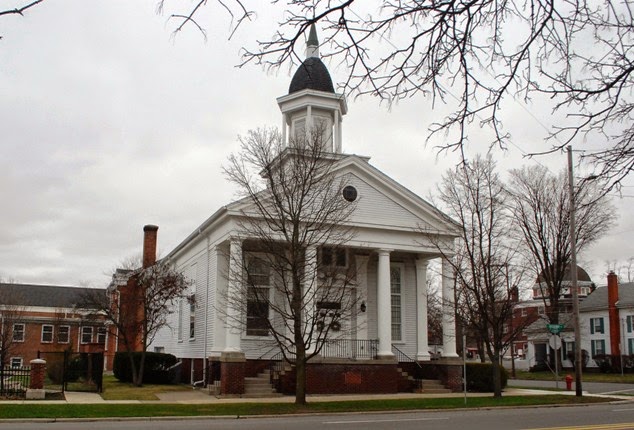
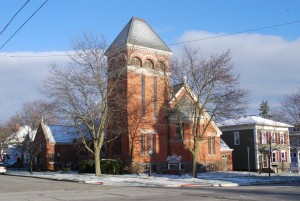

 The new First Presbyterian Church in 2010, at the time we moved into the building. ###
The new First Presbyterian Church in 2010, at the time we moved into the building. ###